Summerhill Academy was a school ahead of its time when teaching was still steeped in Victorian authoritarianism. Once considered a showpiece of Scottish education, it later made national headlines for ‘anarchy’ in the classrooms.
Aberdeen was simply not ready for the progressive Summerhill Academy.
It only existed for 28 years as a school, but it came and went in a whirlwind, leaving an indelible mark on the history of education in Aberdeen – and Scotland.
No episode was more colourful than the unceremonious dismissal of its controversial headteacher Robert Mackenzie in 1974.
His desire to ban the belt and replace exams with continuous assessment was considered too liberal by the council’s education department.
Mackenzie was very vocal in his beliefs that there was something wrong with an education system where a child was considered a failure at 11 years old.
Summerhill was one of the most ‘luxurious’ schools in Scotland
But the tone was set when the school opened on January 4 1962, by the first headmaster William Christie.
He told pupils that “upon them lay the responsibility of Summerhill establishing a good reputation”.
The first intake of 300 children at the new £385,000 facility were mopped up from overcrowding at other city schools.
Youngsters “chattered eagerly” as they entered “one of the most luxurious and up-to-date schools in the country”.
Classrooms were described as “lavishly equipped”, complementing a huge gymnasium, assembly hall and library, as well as a “magnificent” swimming pool.
When the Evening Express reported on its early days it said “here we have a school with no past – but with the prospect of an exciting future”.
Aberdeen school was a ‘complete break with tradition’
Exciting was somewhat of an understatement.
Mr Christie described starting a new school from scratch as “stimulating” and “exhilarating”.
While the EE reporter said: “Summerhill gives the impression of a complete break with tradition. It has an atmosphere of its own.
“Its development and progress as an integral part of a great new community will be watched with interest, as, of course, will its educational record.”
And Summerhill certainly attracted attention.
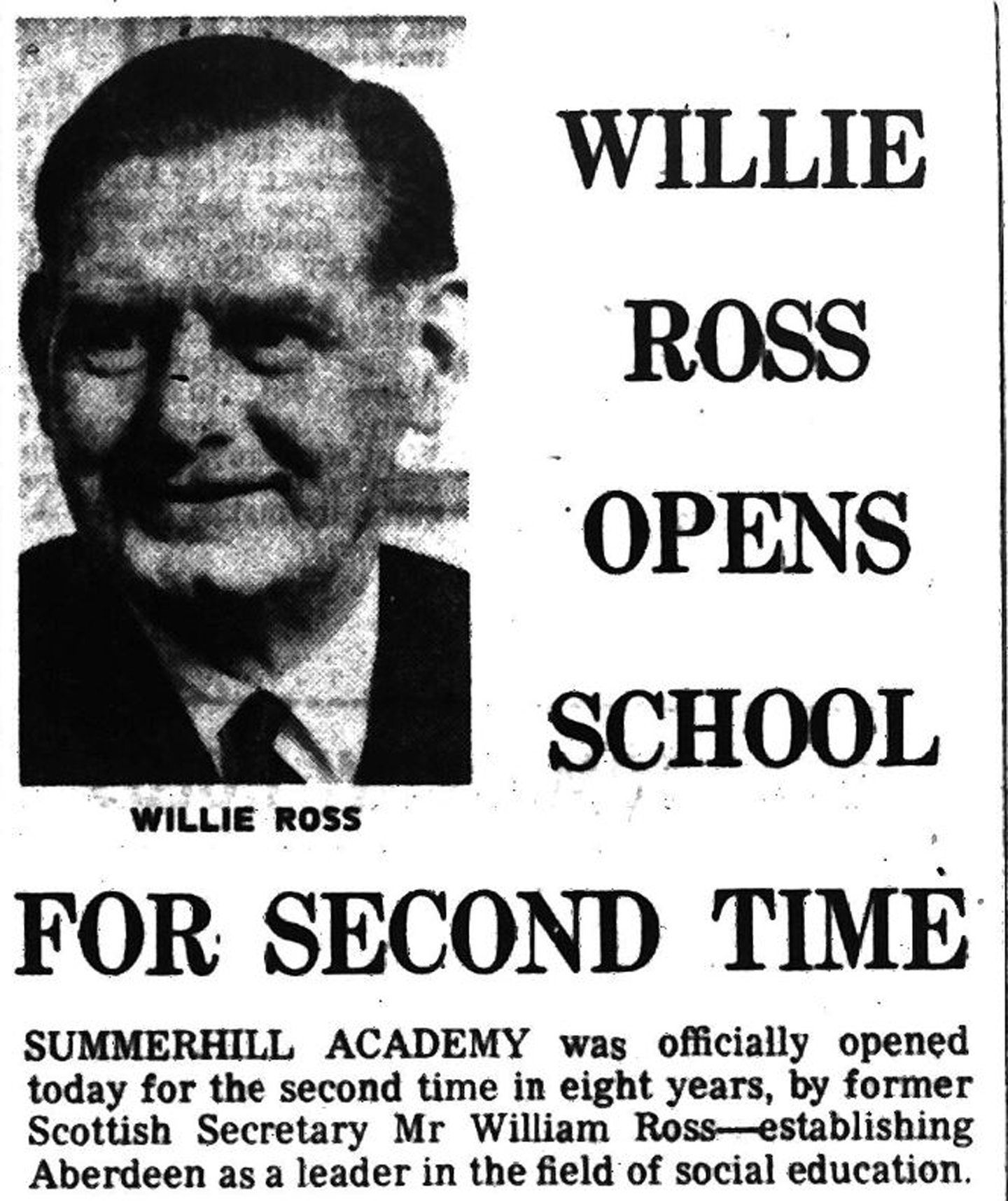
A big and busy school, a substantial half-a-million-pound extension was opened in 1970, and also marked a seminal change for the institution.
On November 27, former Scottish Secretary William Ross presided over a ceremony that saw Summerhill change to the comprehensive education system.
Aberdeen was established “as a leader in the field of social education” by “increasing social contact between staff and pupils”.
Summerhill ‘pupils were taught for life, not merely for a job or profession’
Summerhill and Hazlehead academies were the first in the city – and among the first in Scotland – to introduce the ‘house’ or ‘year group’ system.
It was described as similar to the ‘house master’ tradition of public schools.
By now Robert Mackenzie, known as RF Mackenzie, was headteacher.
He explained that by sub-dividing the total number of pupils into smaller groups it provided equal attention for all pupils.
Year masters and mistresses were appointed, and there was an emphasis on the importance of the social aspect of Scotland’s education framework.
At the ceremony, Mr Ross told the audience in Summerhill’s assembly hall: “Education is the touchstone of democracy and by that we have got to relate our success in education, not by the number of doctors, ministers, and teachers turned out, but by the extent to which we realise the full potential of all our youngsters.”
He added: “They were taught, not merely for a job or profession, but for life.
“I see within the comprehensive system full scope to achieve this for all.”
He praised Mr Mackenzie for having “considerable influence” on secondary education in Scotland and being one of the country’s best-known teachers.
Among those listening was Lord Provost James Lamond and members of the education committee.
Head teacher’s liberal ideology clashed with education board
But four short years later, that very committee would suspend Mr Mackenzie.
His reforming style of leadership would prove too controversial for Aberdeen.
Mackenzie’s approach to teaching was more compassionate and philosophical – he felt education went beyond the classroom walls.
His curriculum extended into the great outdoors and the Summerhill community, he put great emphasis on engaging with children, their ideas and opinions.
In response to pupils’ concerns, a pioneering sex education programme was introduced.
But above all he rejected conformity, and the brutality of belting pupils.
It was claimed Mackenzie’s dislike of formal education split his staff into factions.
The traditionalists who preferred the rigid status quo, and those more sympathetic to his progressive thinking.
Certainly, his ideology clashed with that of the education board in Aberdeen who took issue with his lenient approach to corporal punishment and discipline.
Although at times thought arrogant, he was considered a kindly and charismatic man.
His discord with the education board made headlines both locally and nationally, and Mackenzie would write and speak publicly about his views.
Despite a groundswell of support among pupils, parents, staff, the wider community and some politicians, he was suspended.
Those who attended Summerhill at the time will remember the episode well, and in particular the pupils’ week-long strike.
School and community united in fight to save Summerhill
William Henry stepped in from the education board to bring order to the chaos.
He later said: “That was a most difficult time when there was absolute anarchy and half the school was on strike and demonstrating for Mr Mackenzie.”
David Kinmond took over the headship Summerhill in 1974, but following his death in 1976, Mr Henry returned.
He described his time at Summerhill as the “most rewarding period of my life”.
The school’s final head teacher was Pat Cormack, who was appointed upon Mr Henry’s retirement in 1980.
Taking on a roll of 929, she may have thought Summerhill’s difficult days were behind her.
But in December 1987, the school and community were united in a new fight – one to save Summerhill from closure.
Grampian Regional Council proposed a four-year phased closure – a decision Miss Cormack said was made with haste.
Protesting, one mother, Rose Clayton, wrote to the Evening Express pleading for a second chance.
She said: “Since my children started their education they have learned that ‘the three Rs‘ mean rezone, regionalise and rationalise.”
But despite bitter campaigning by parents and teachers, and even some councillors, Summerhill Academy closed its doors for good in June 1990.
It continued as Summerhill Education Centre where its spirit lived on through the community that used it, but shut in 2010.
The bulldozers finally flattened the building in 2012, half a century after ‘Scotland’s most up-to-date establishment’ opened.
But the story of Summerhill will forever blot the copybook of education in Scotland.
Summerhill Academy in pictures through the decades
1960s: The early years of Summerhill
1970s: Football, walk-outs and an unusual car restoration project at Summerhill Academy
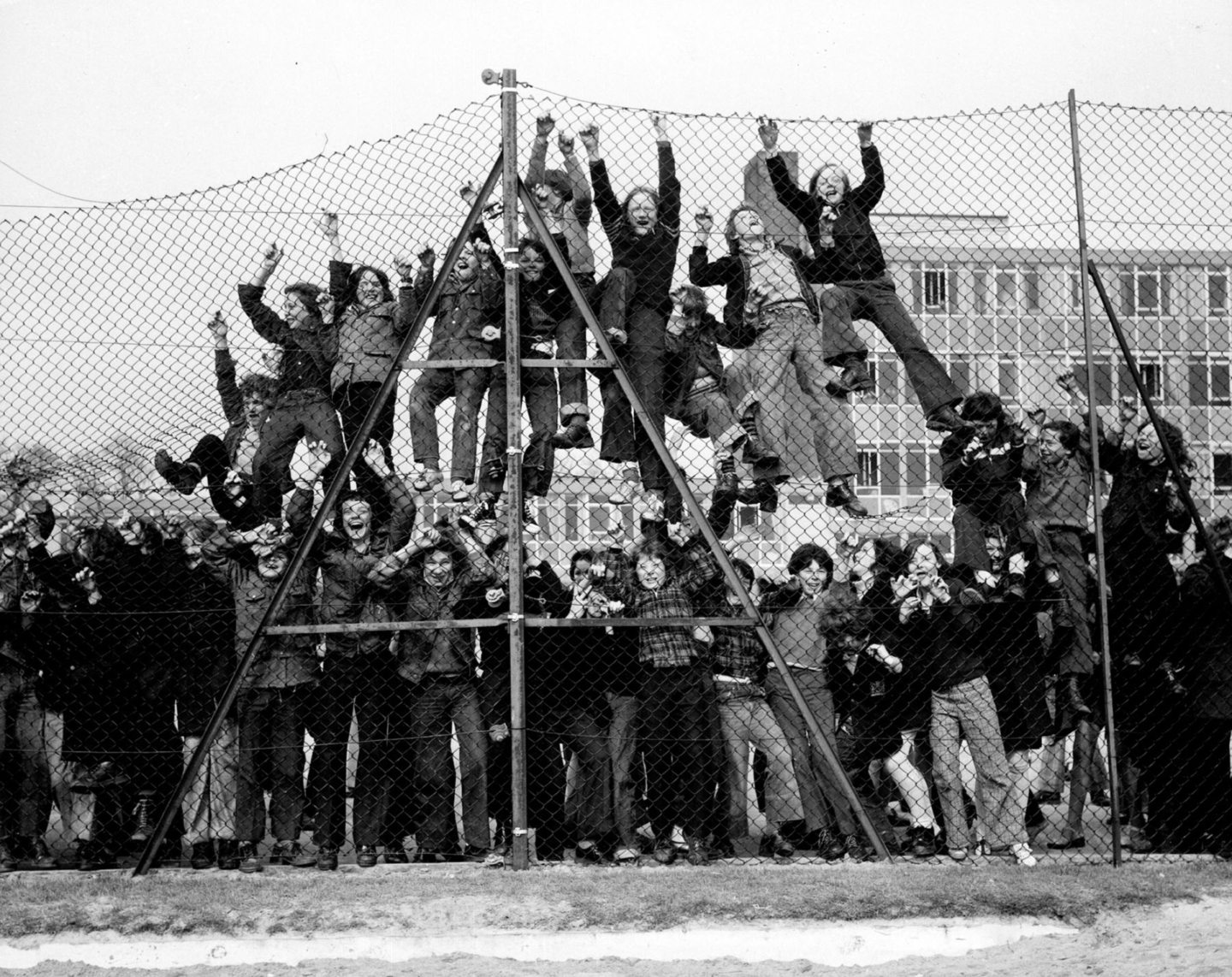
1980s: Choirs, sports days, protests, and a visit from Sir Alex Ferguson
1990s: A new chapter – from Summerhill Academy to Summerhill Education Centre
2000 and beyond: Summerhill’s final days and demolition
If you like this, you might like:
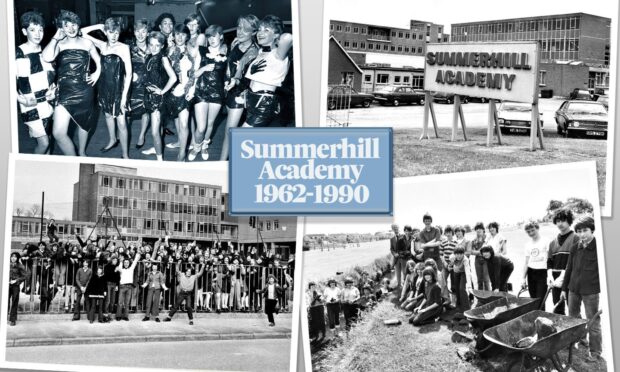
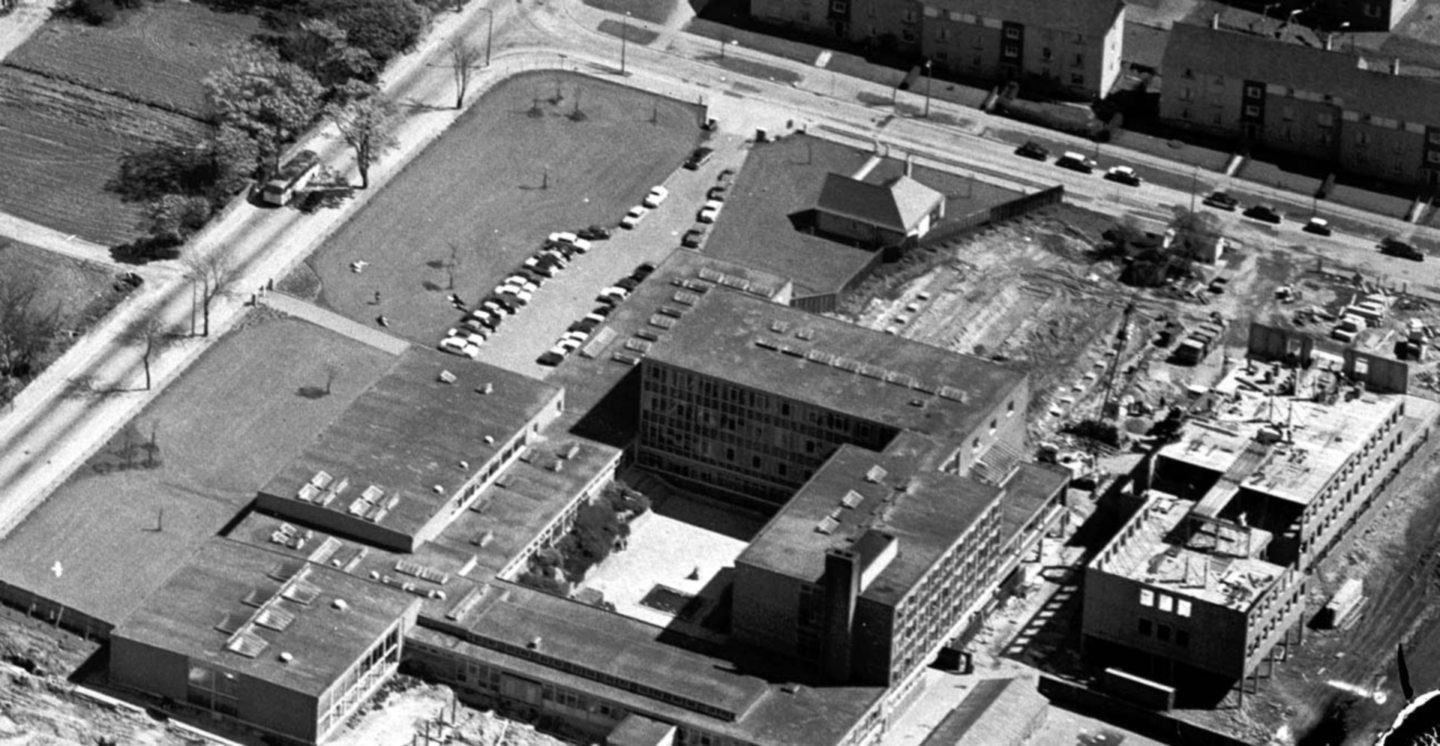

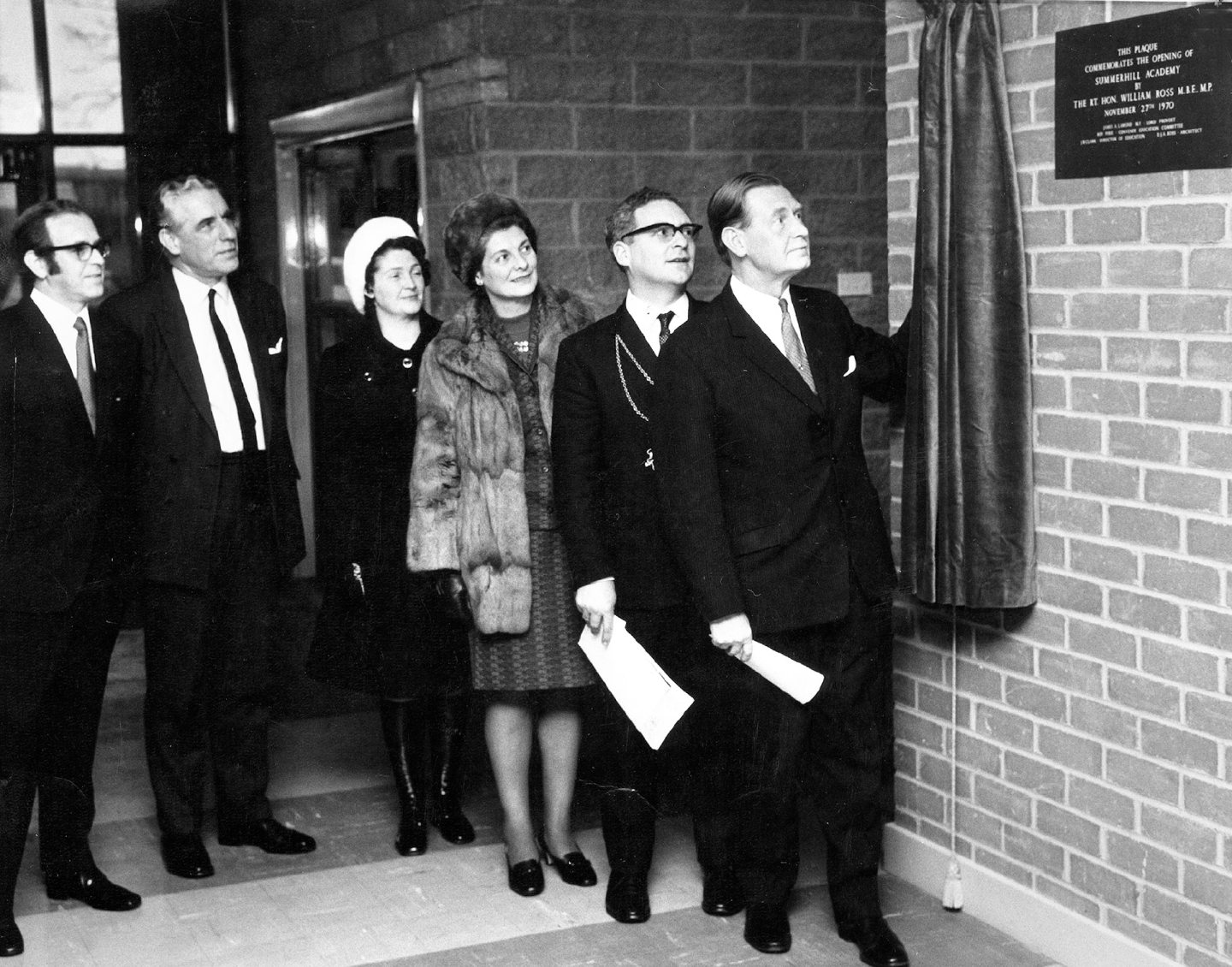
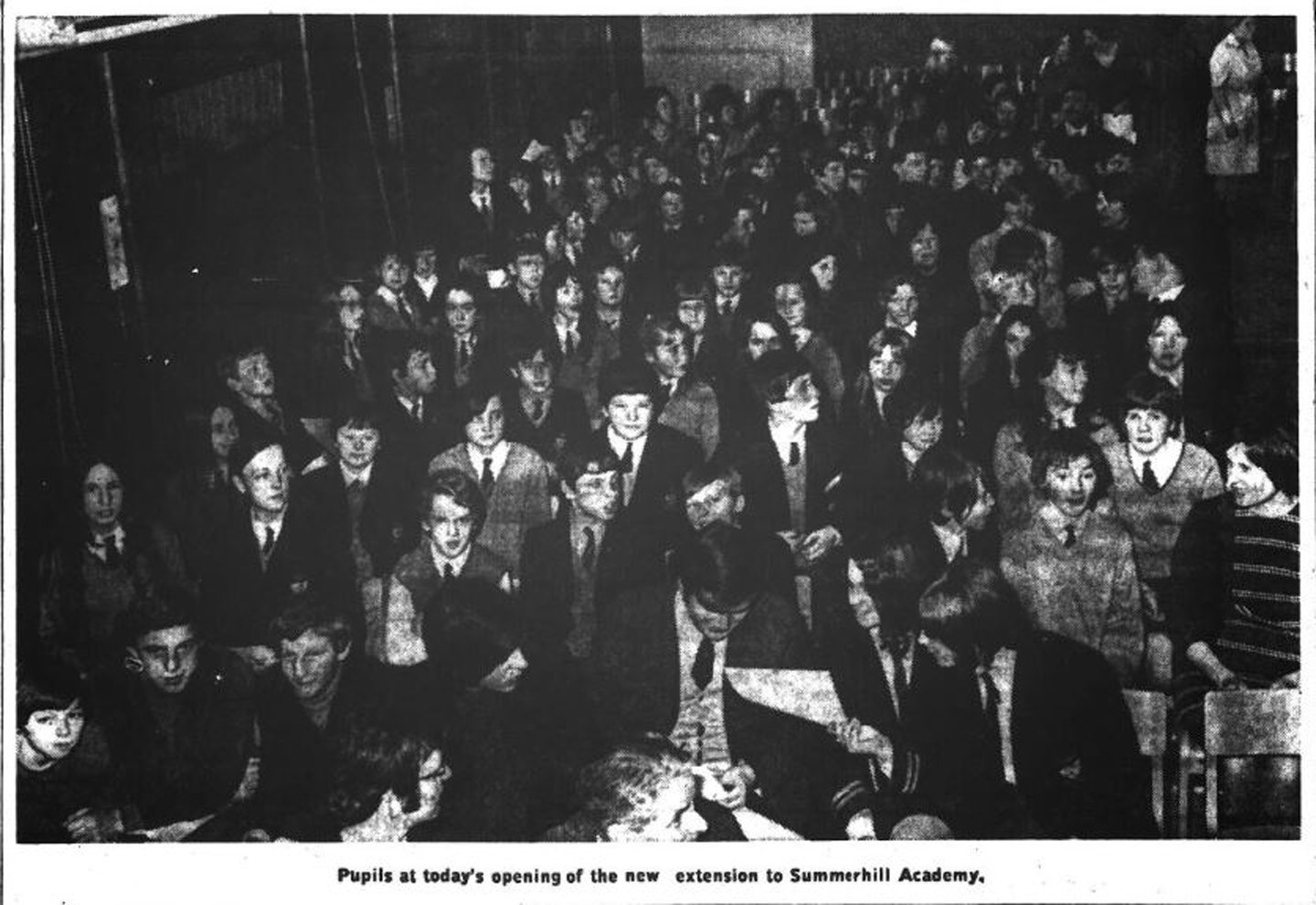
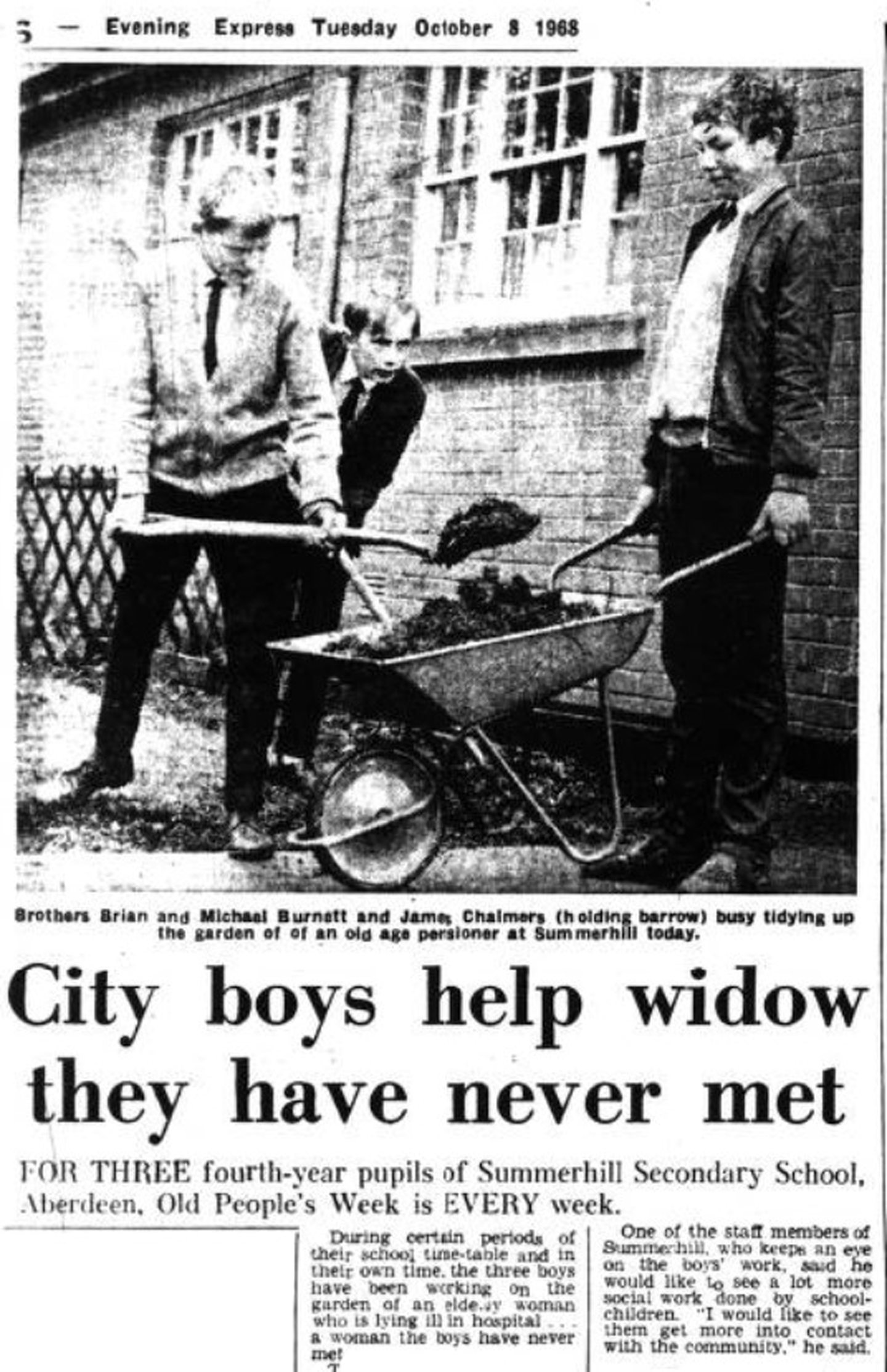



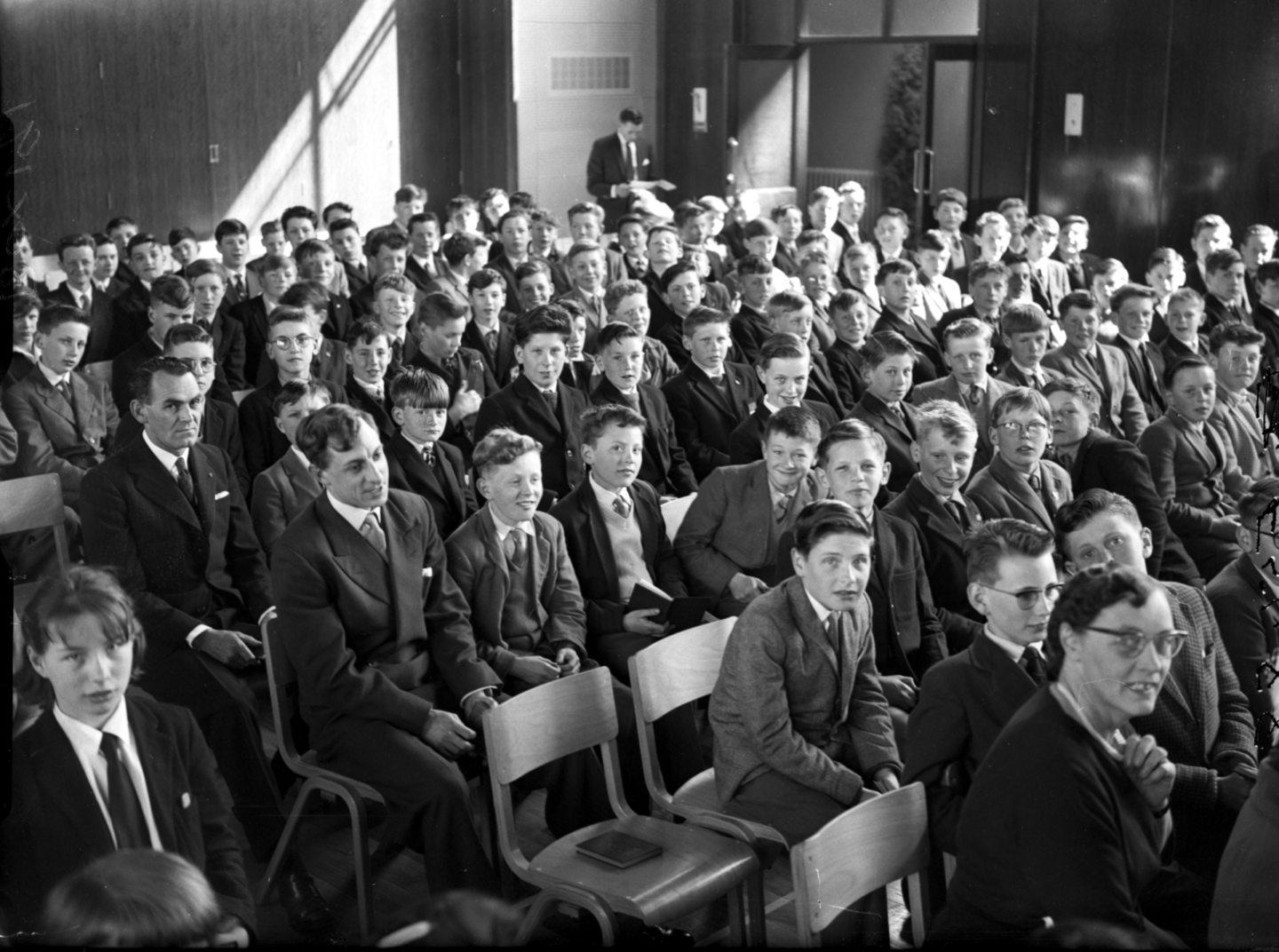
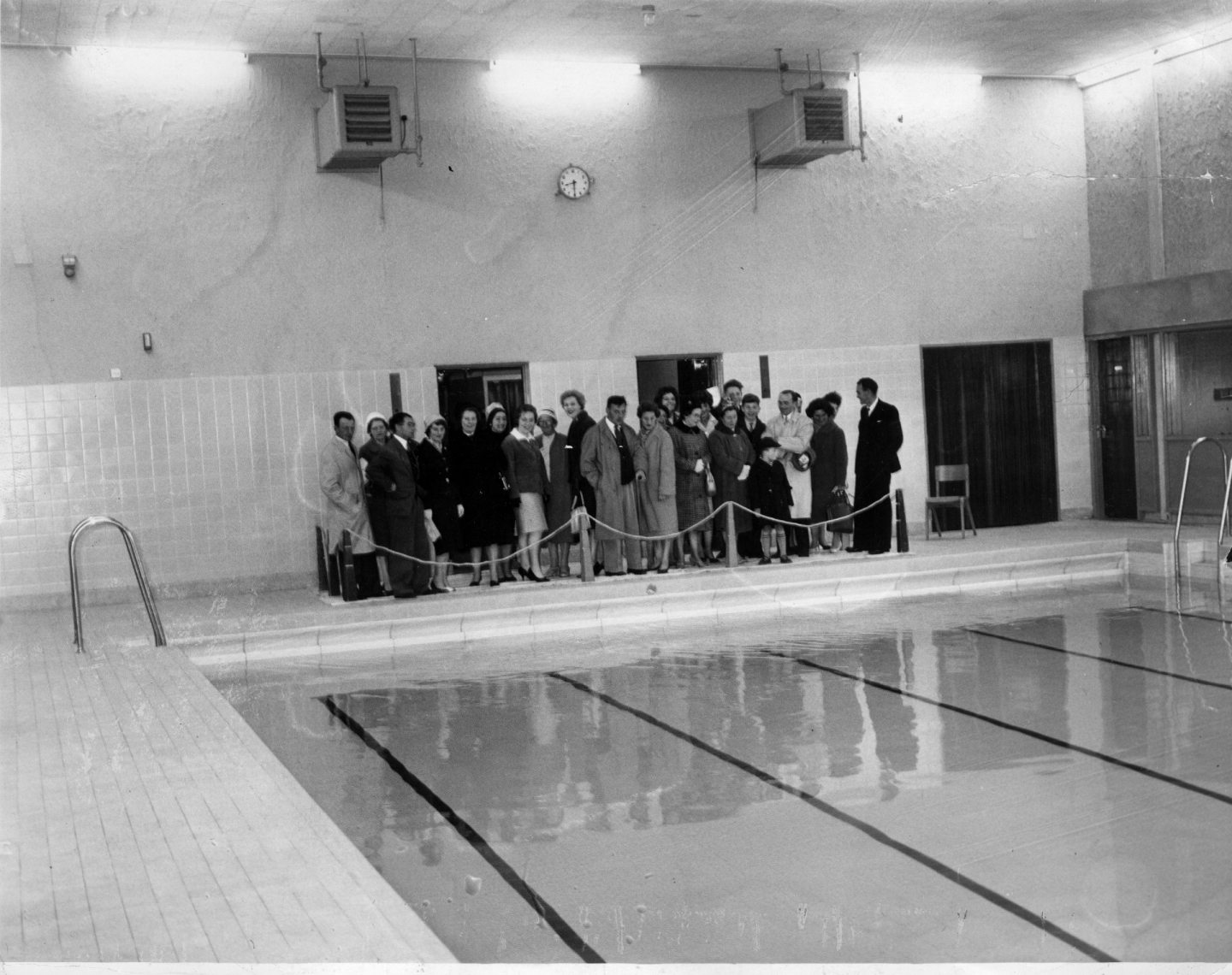
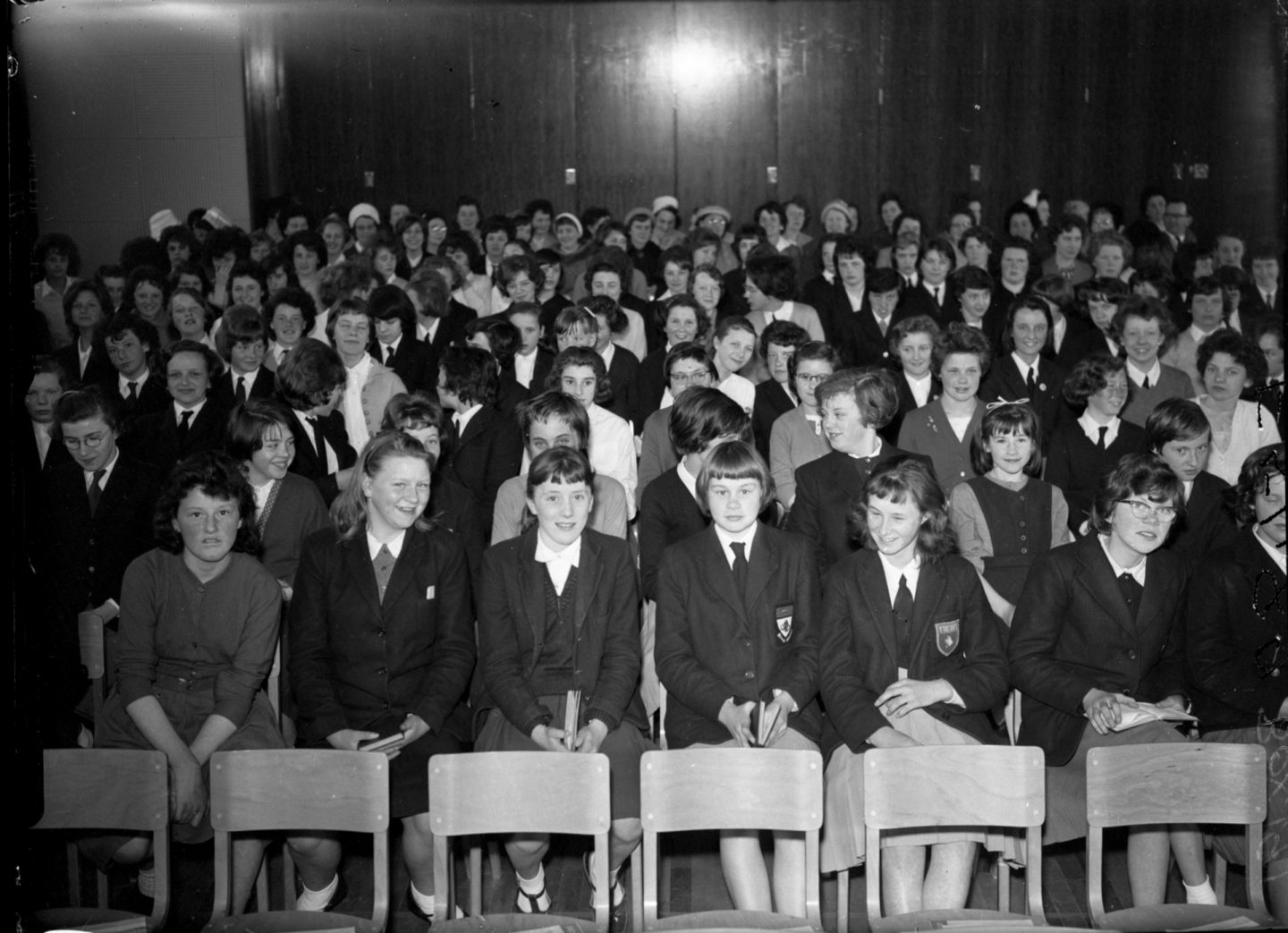
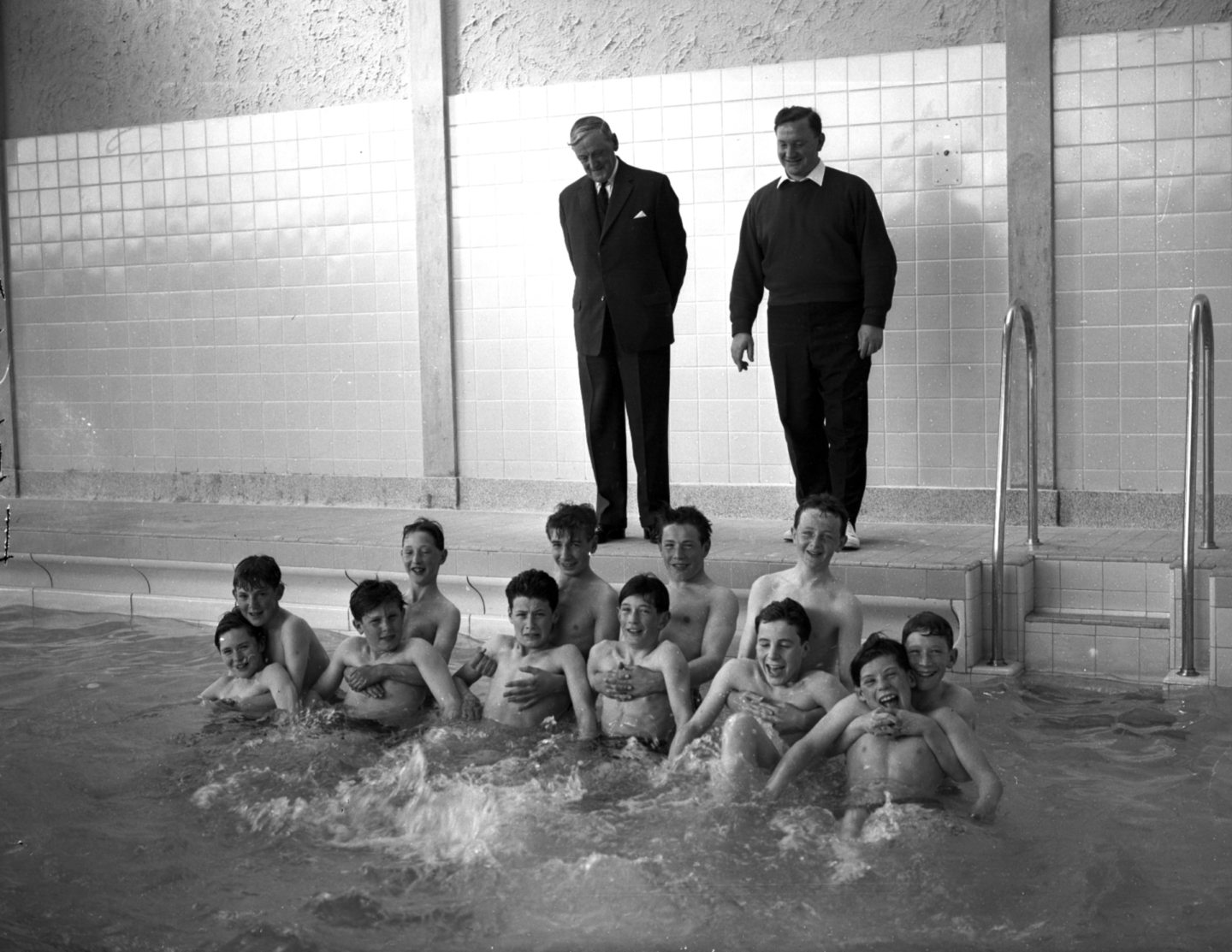
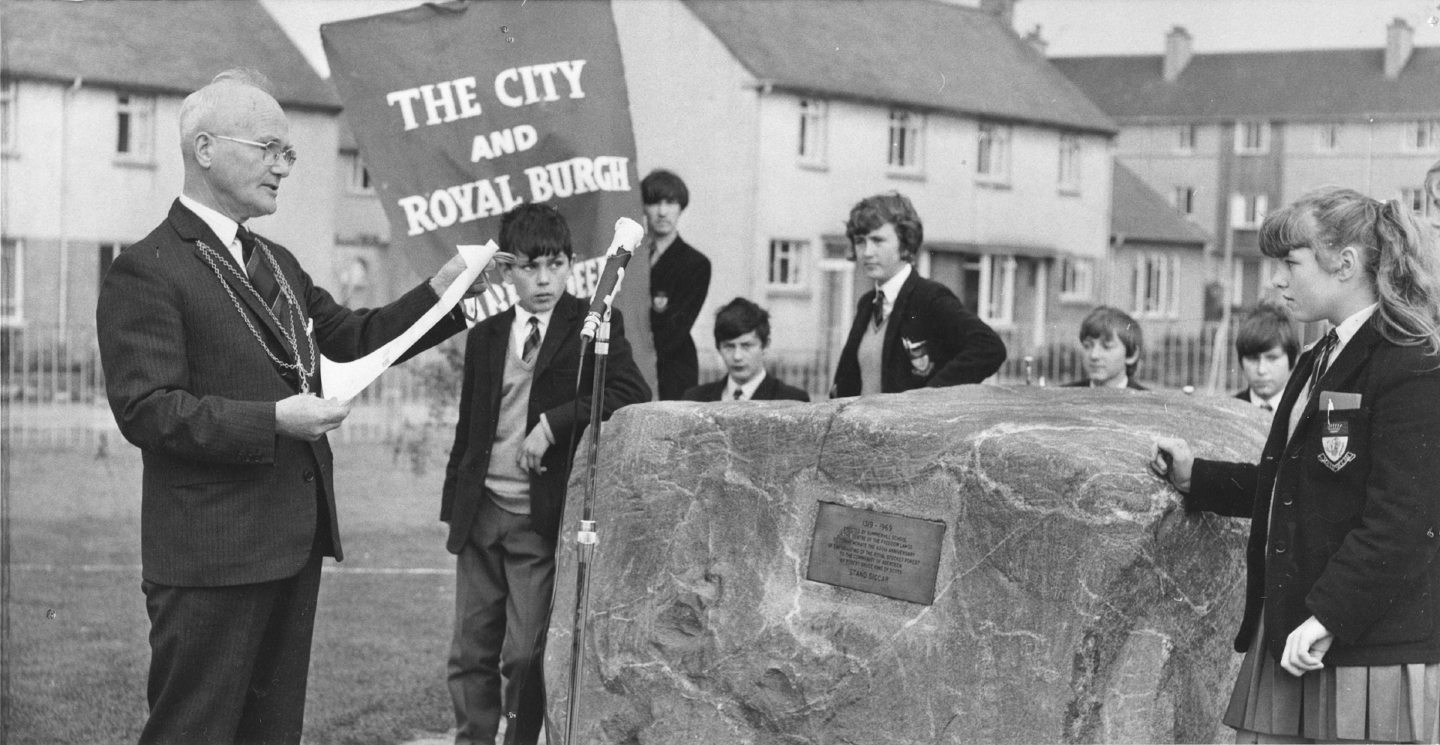
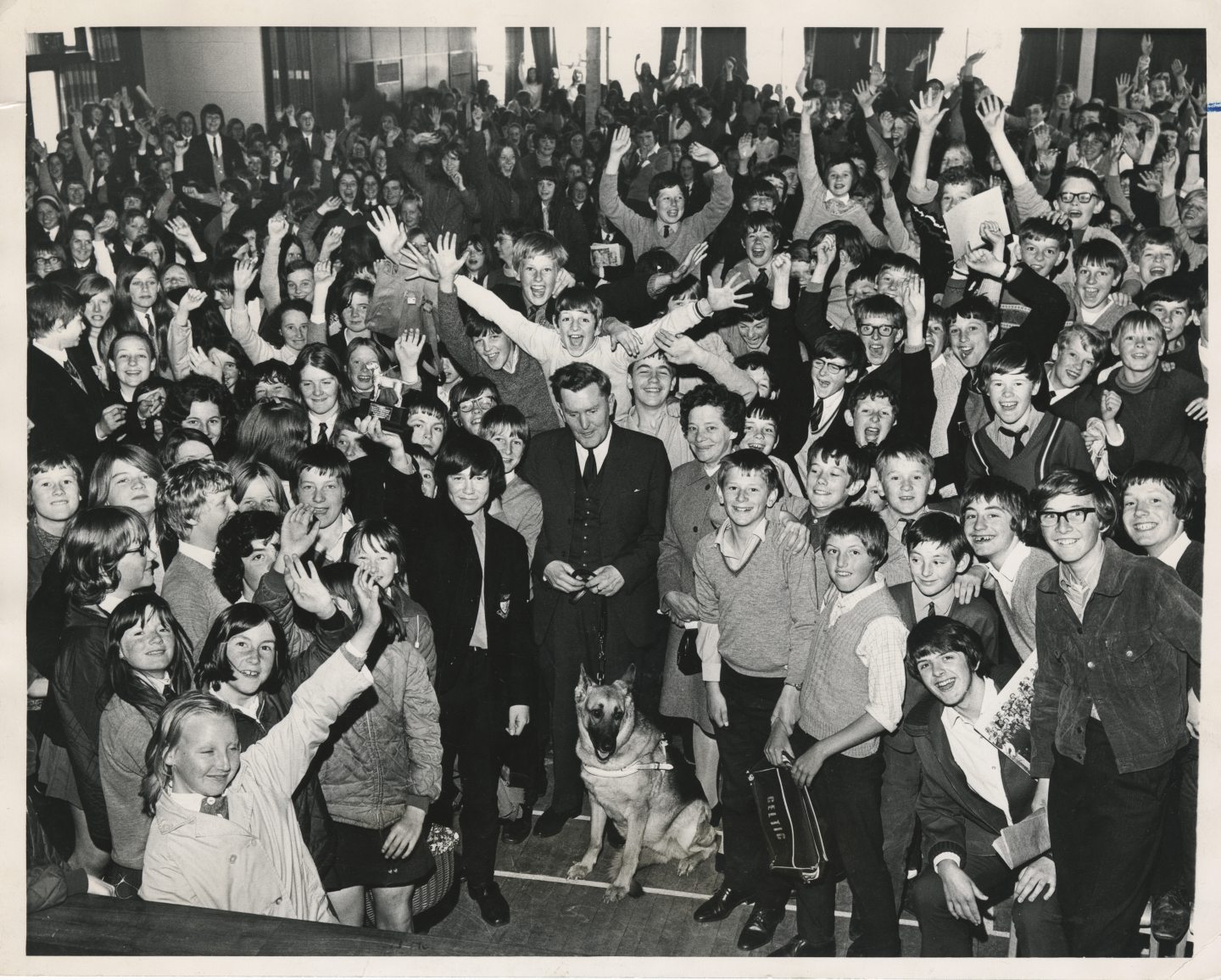
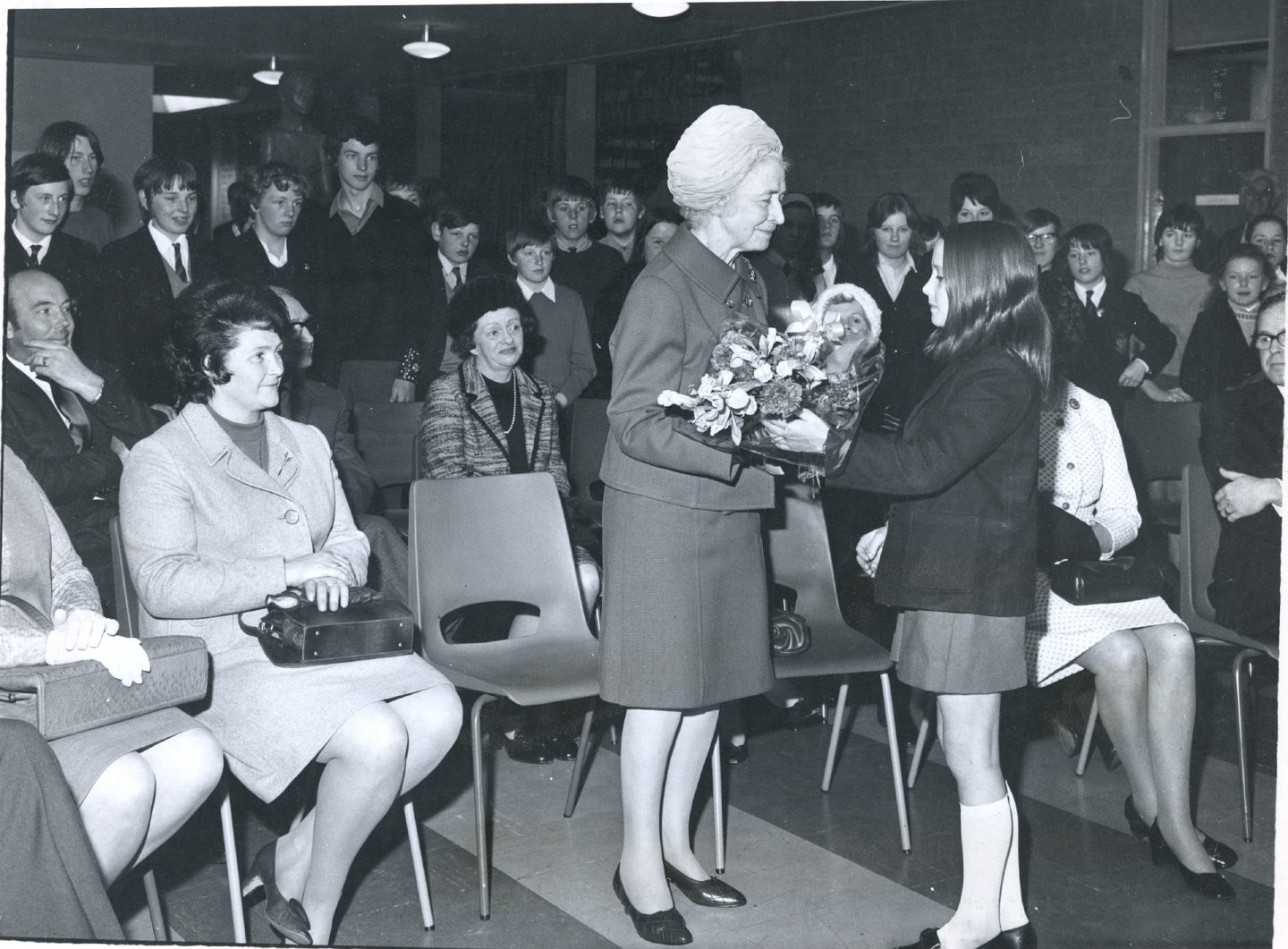
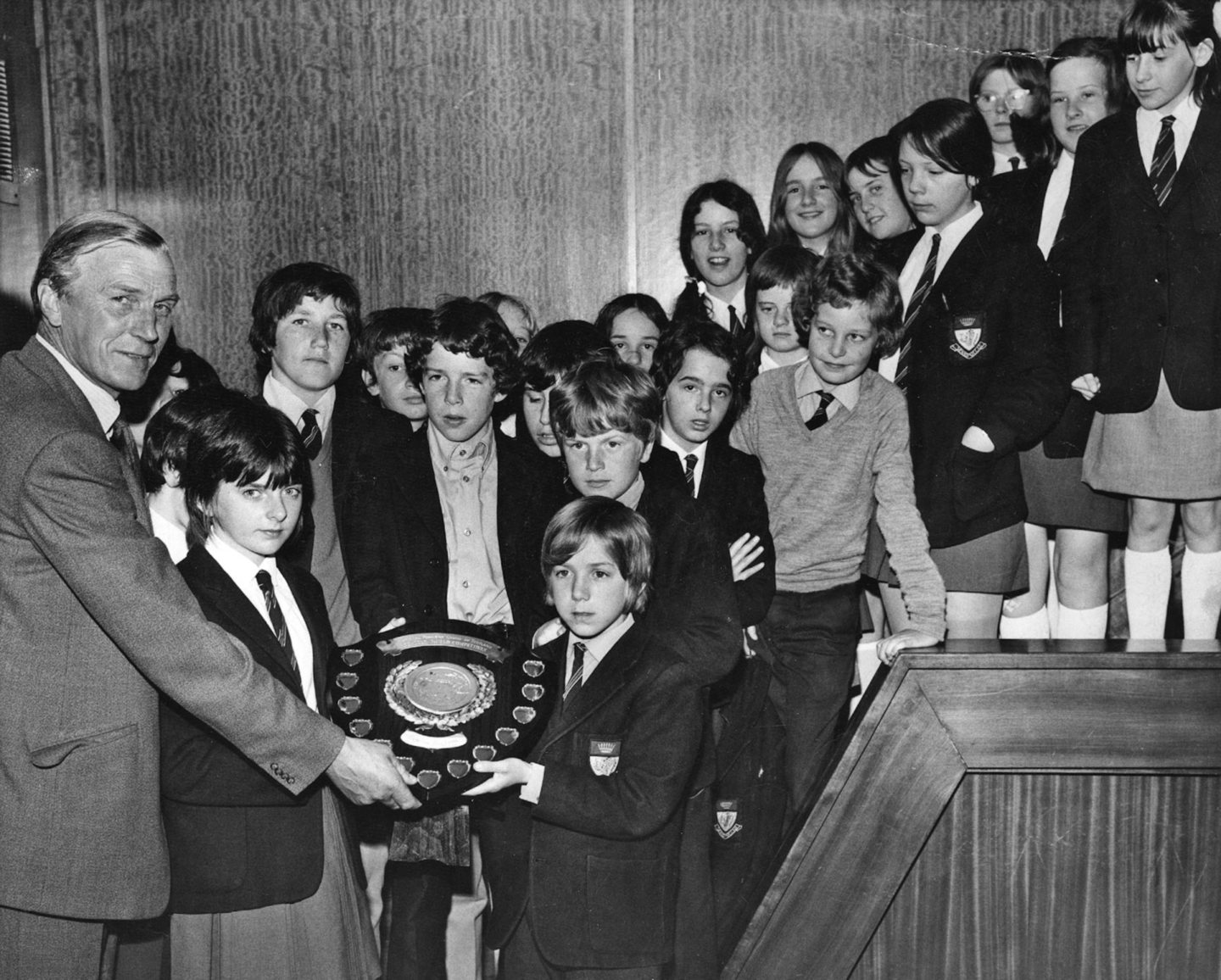


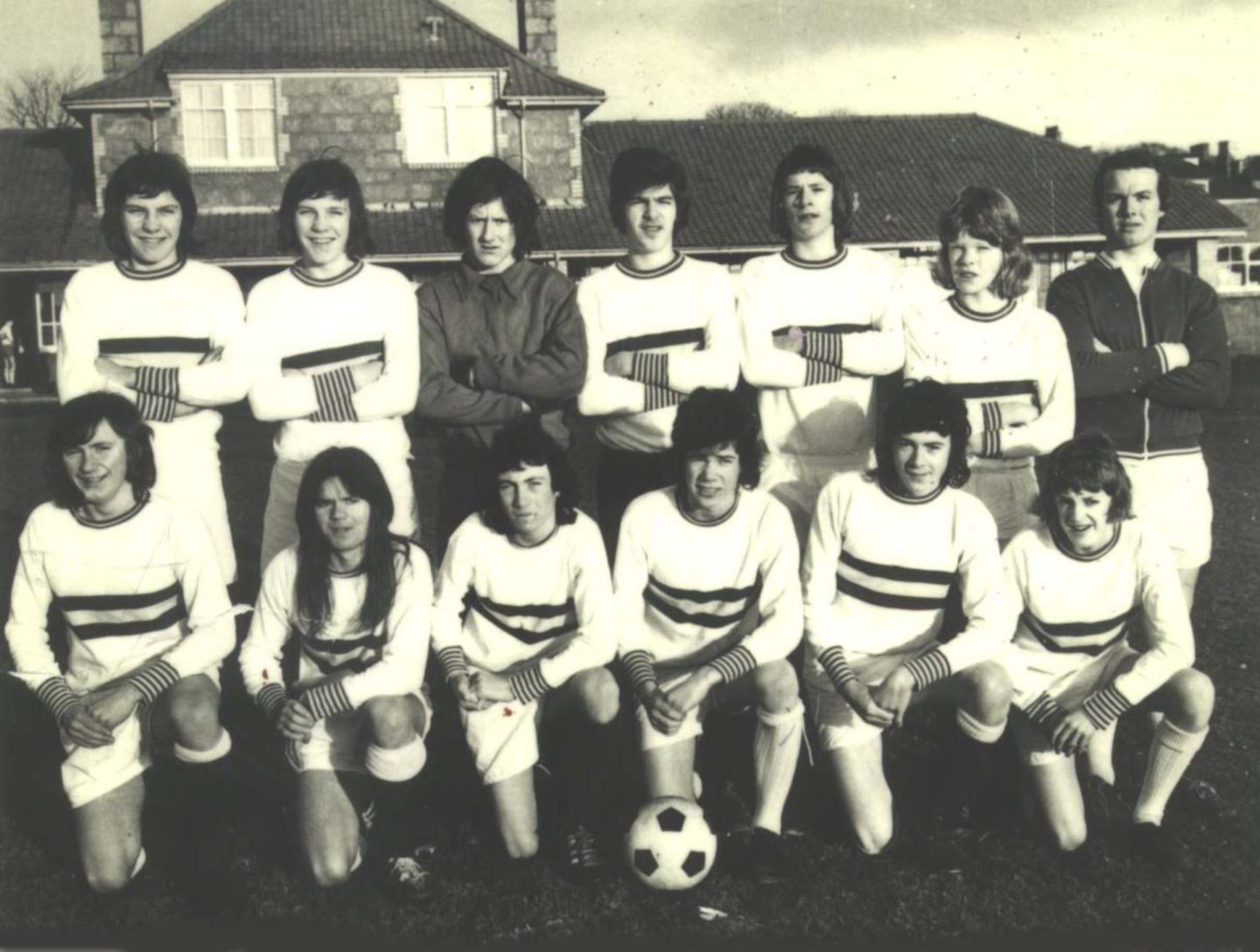
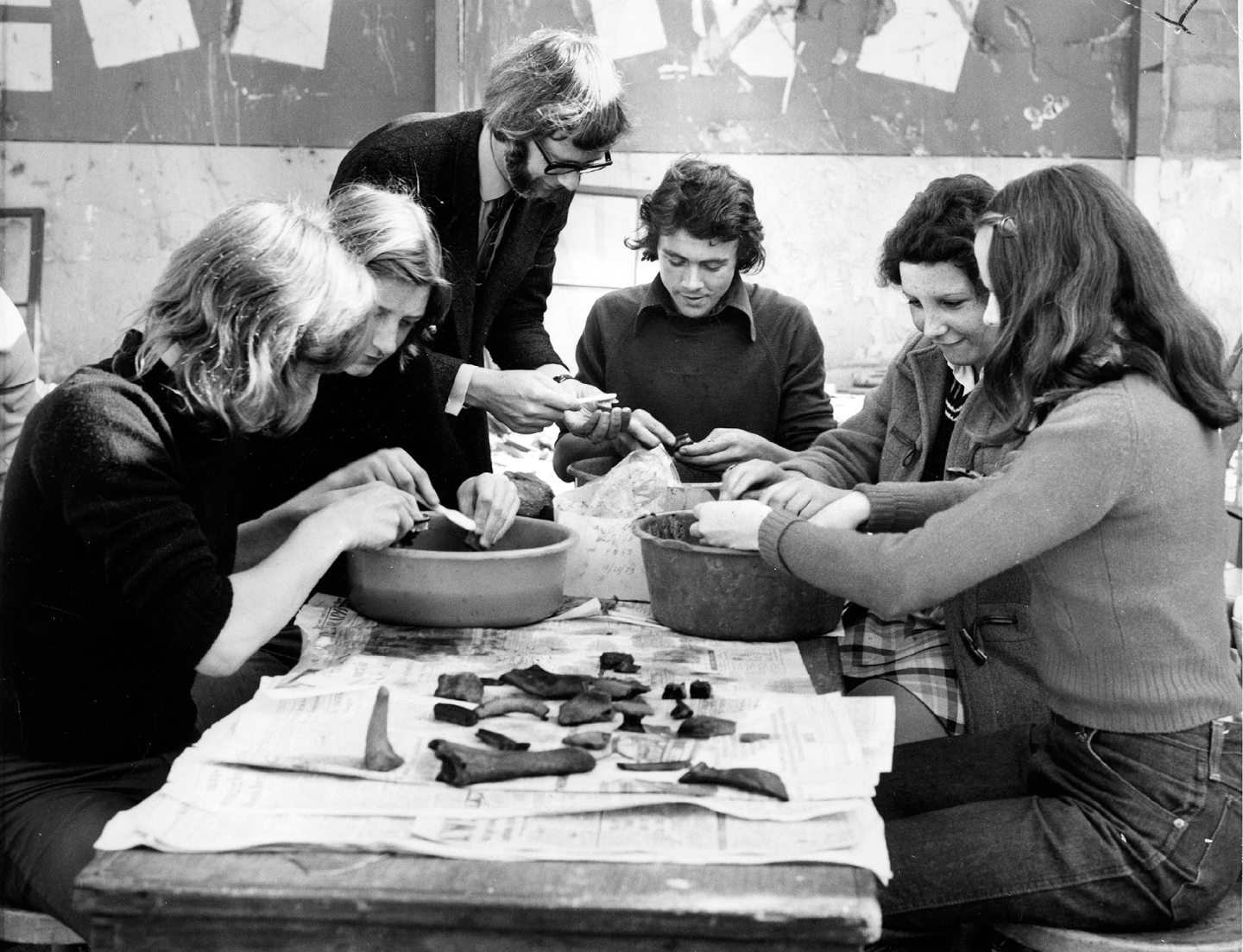
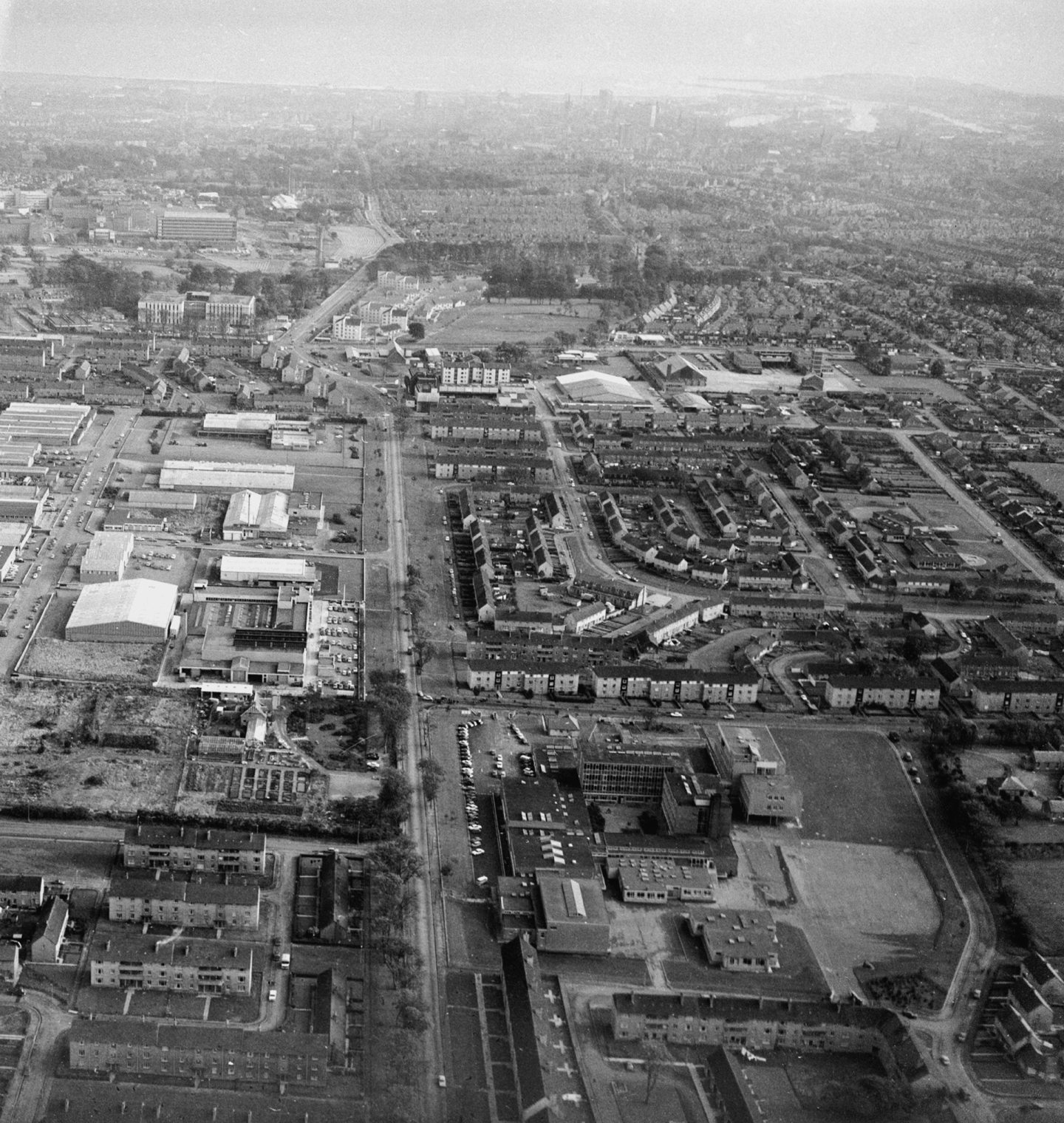
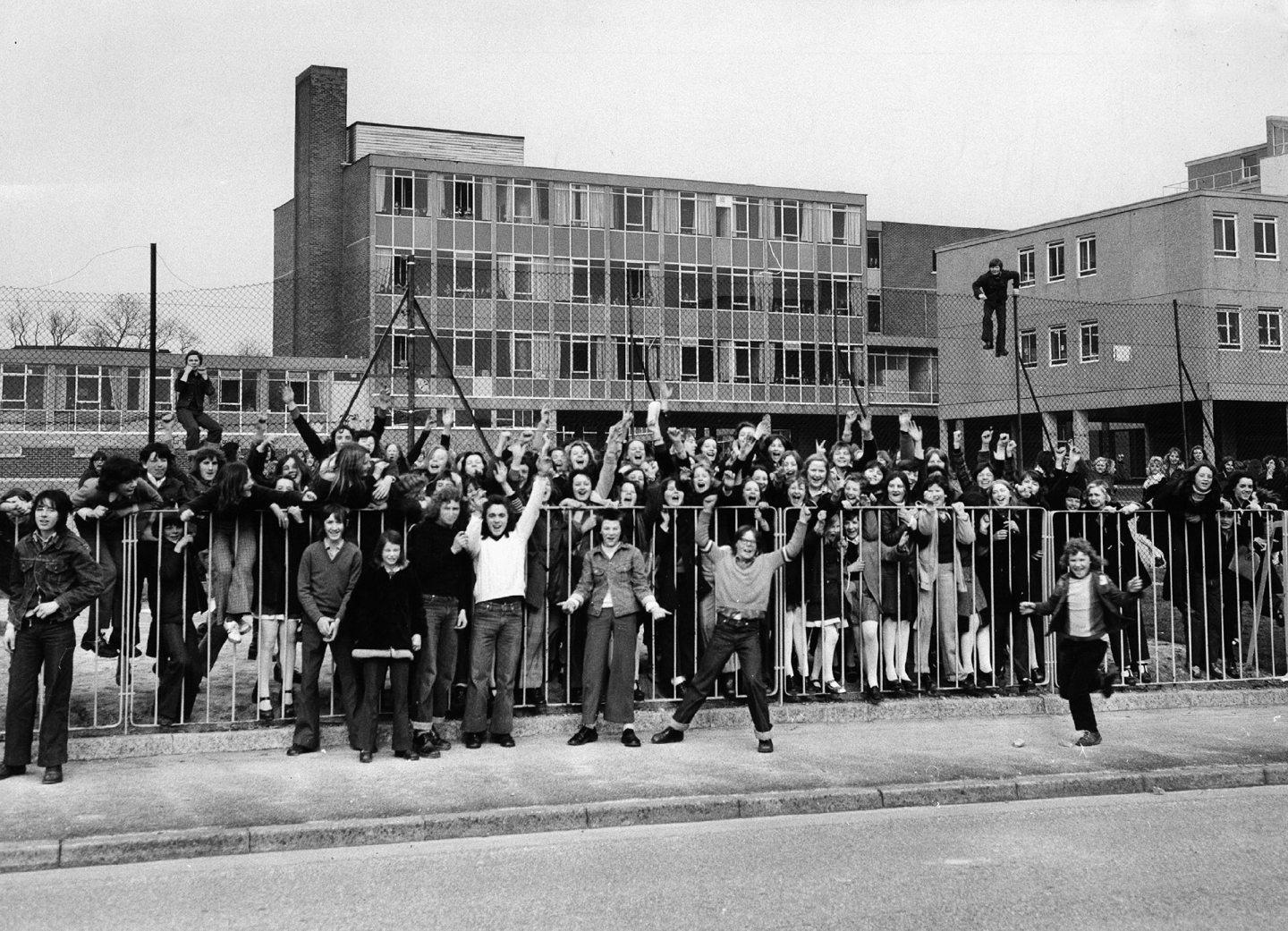
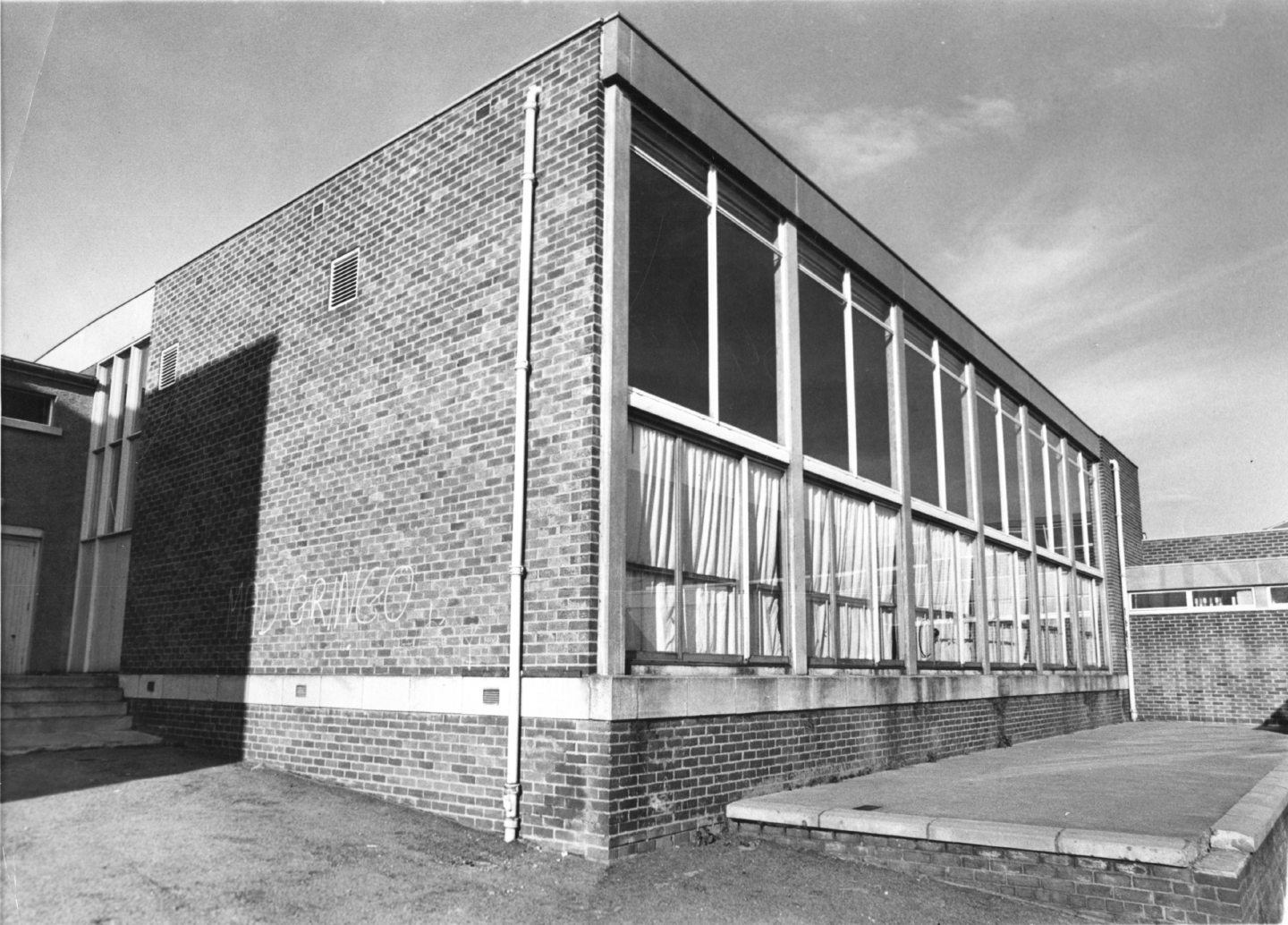
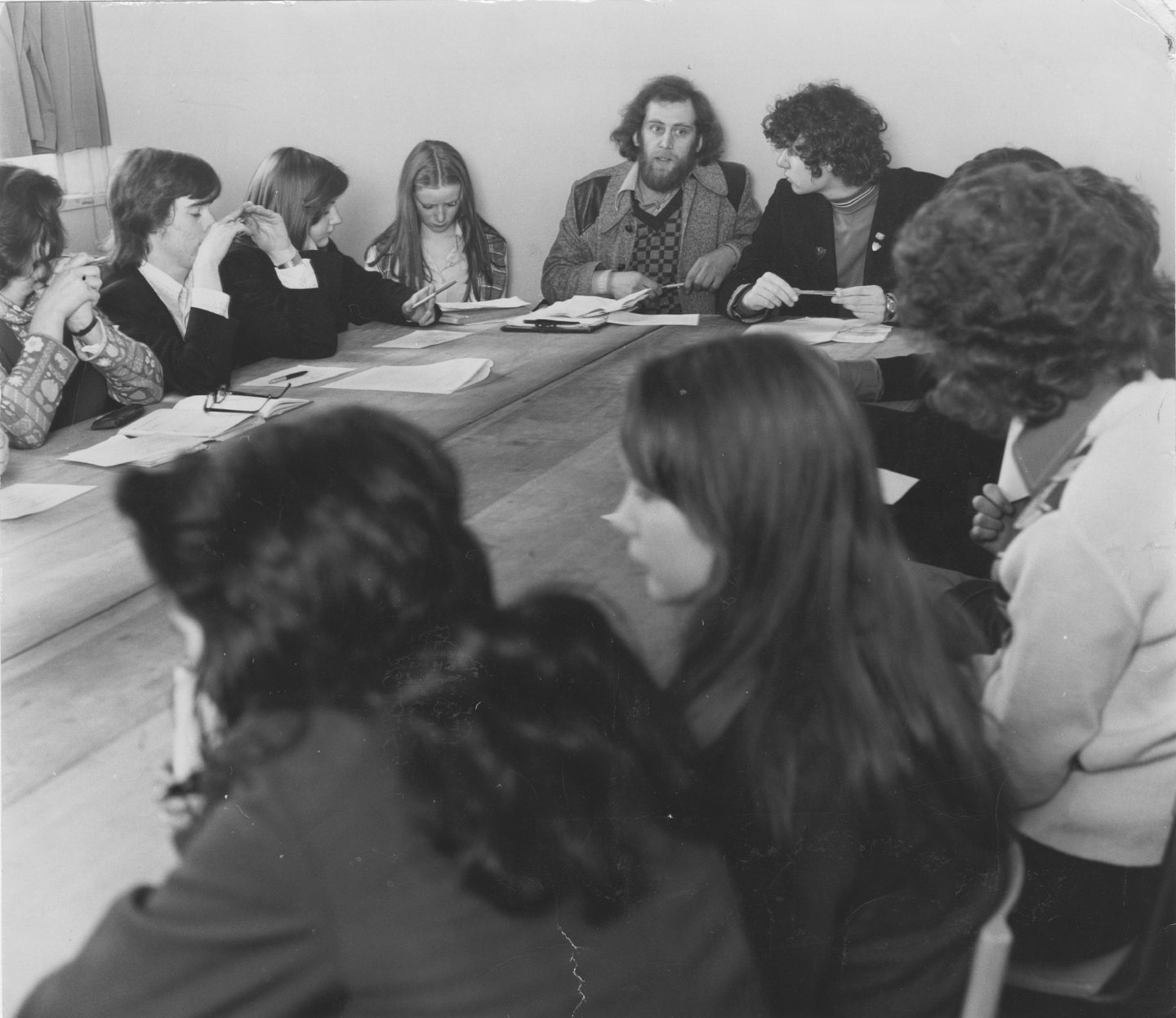
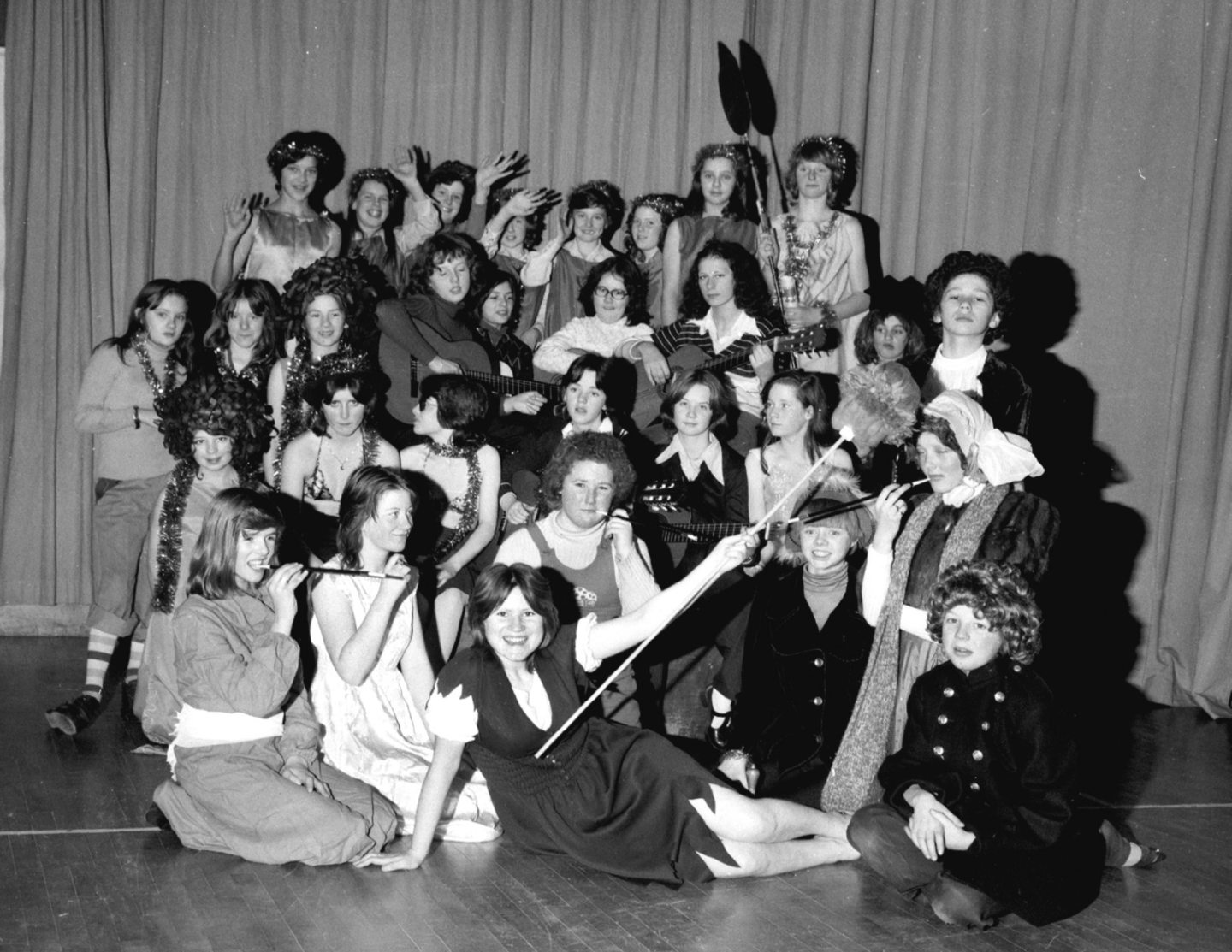
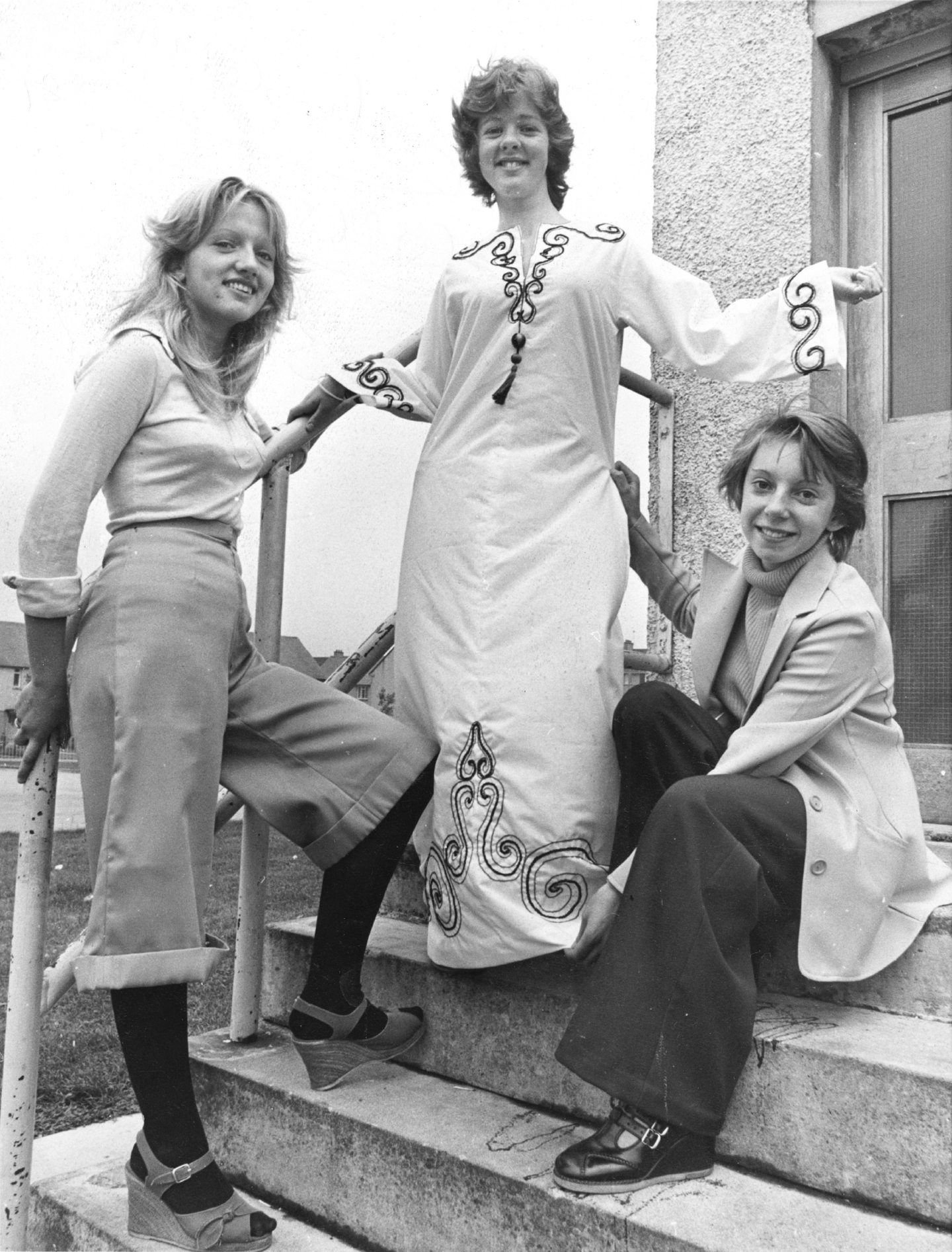
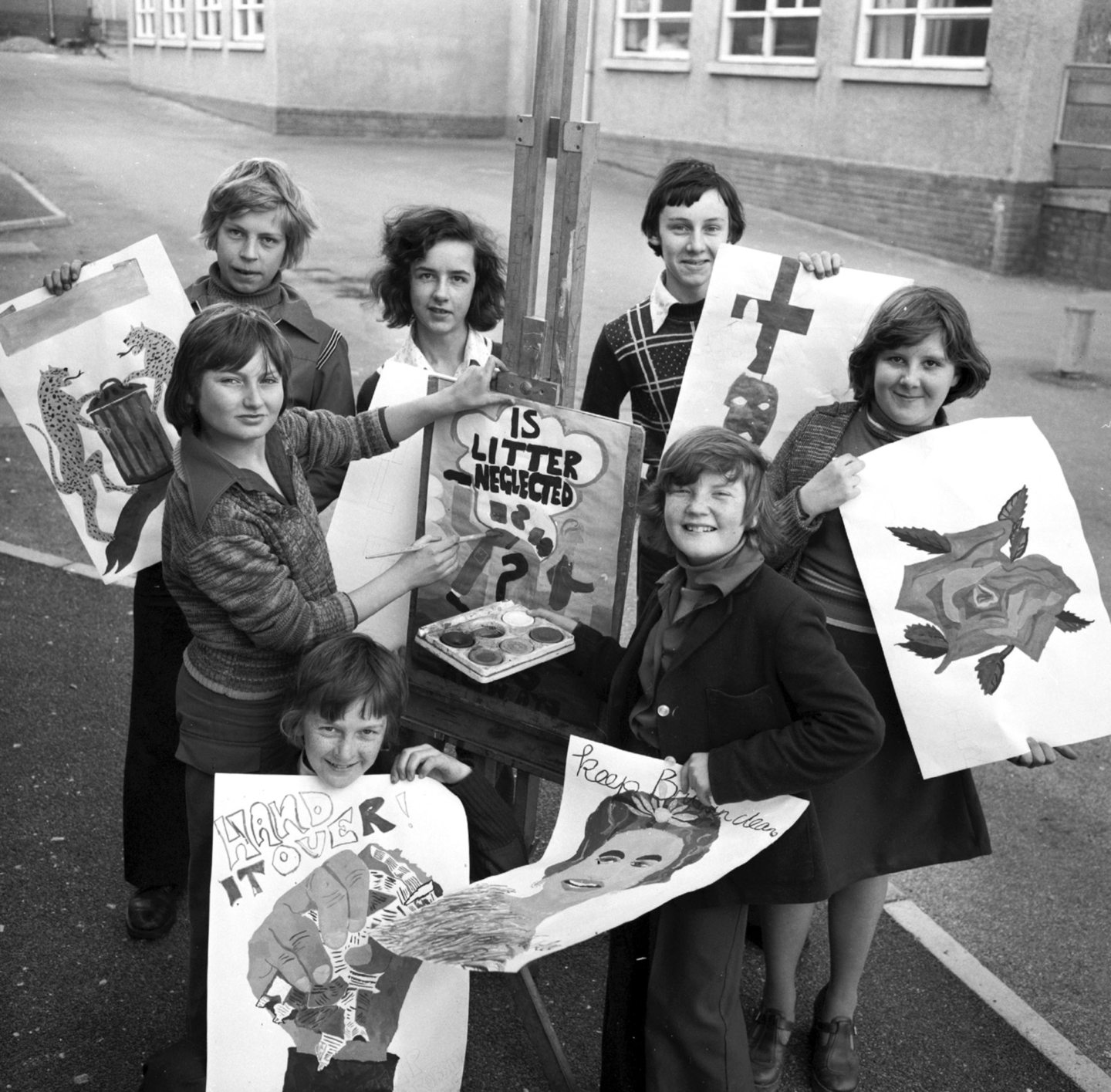
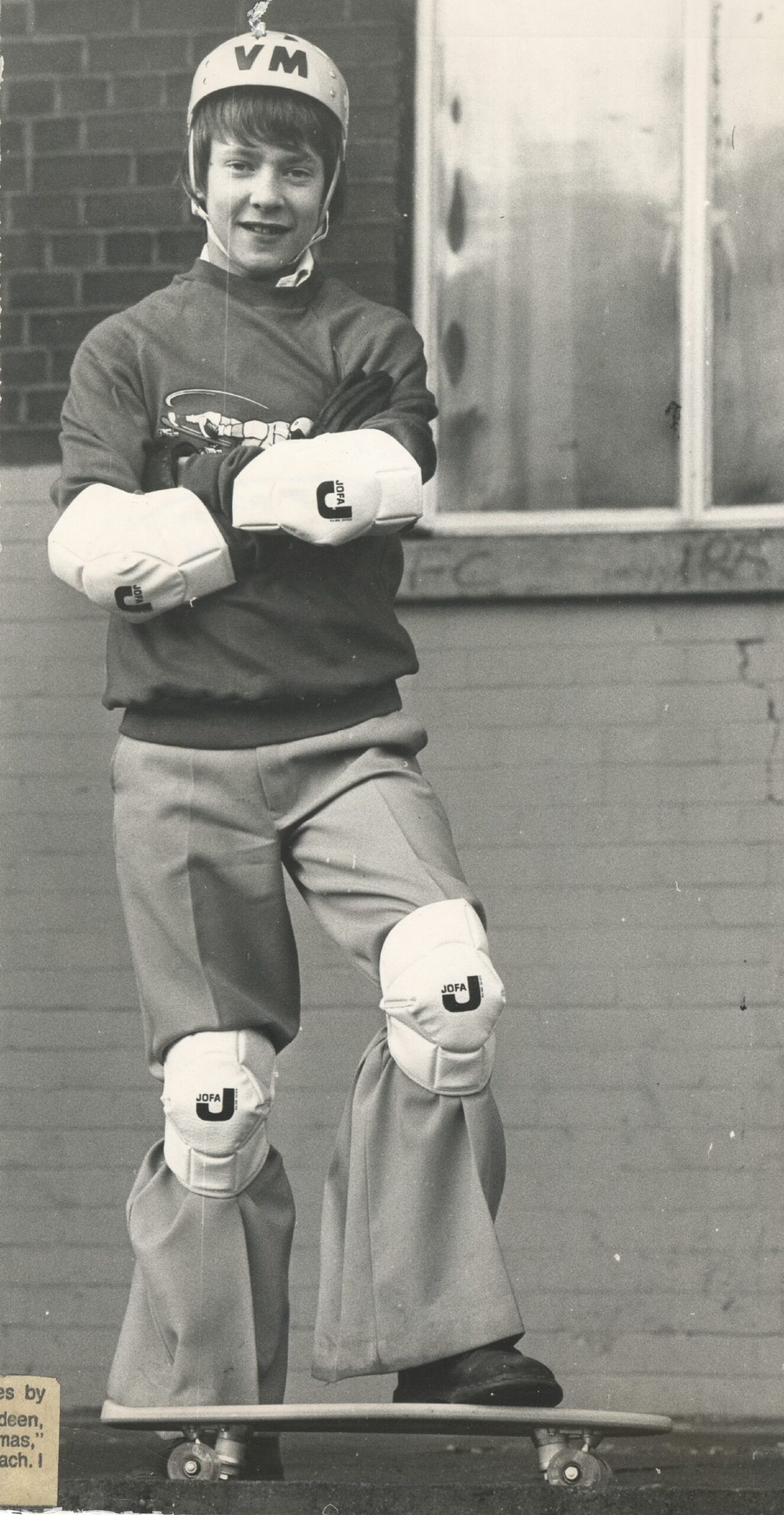
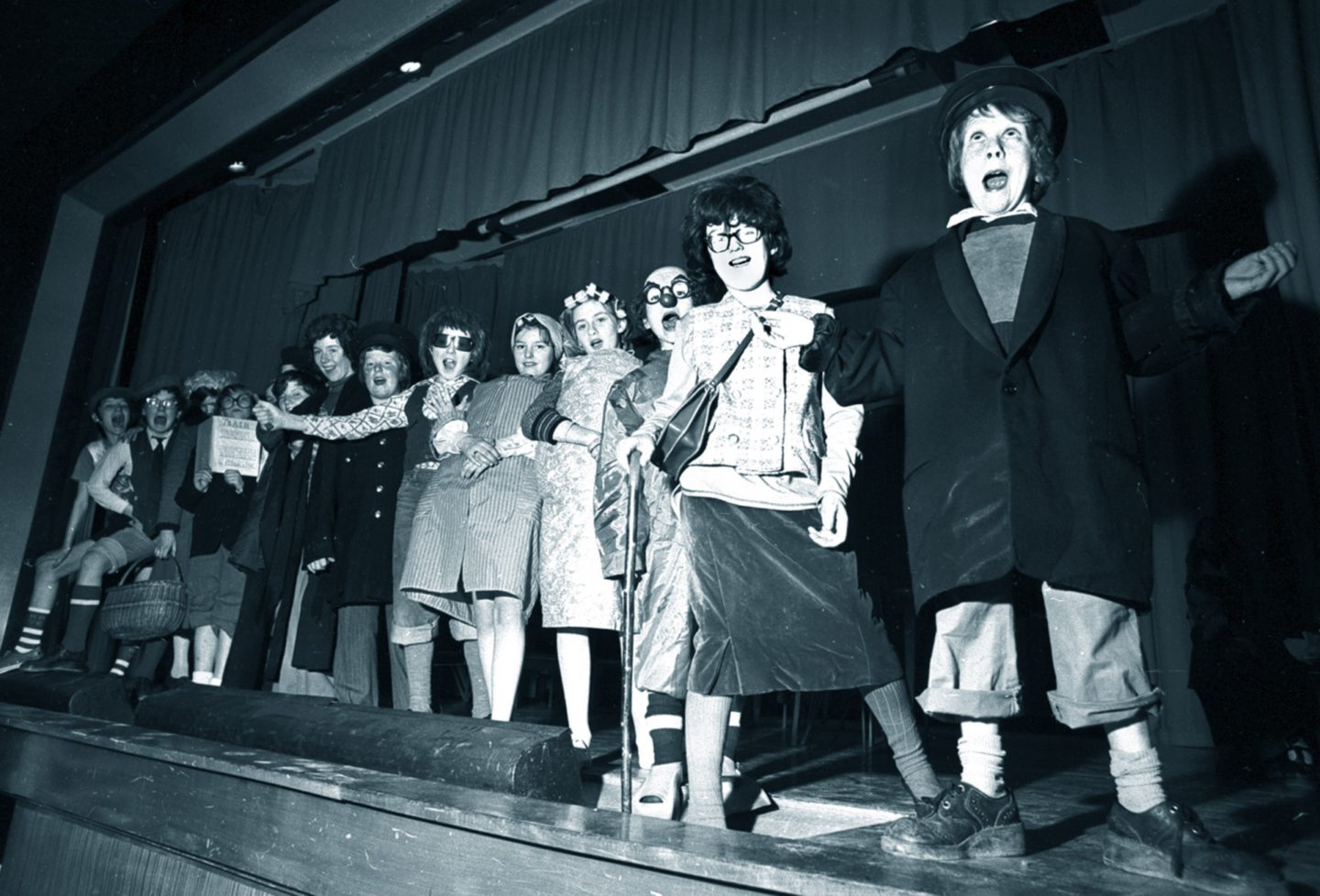
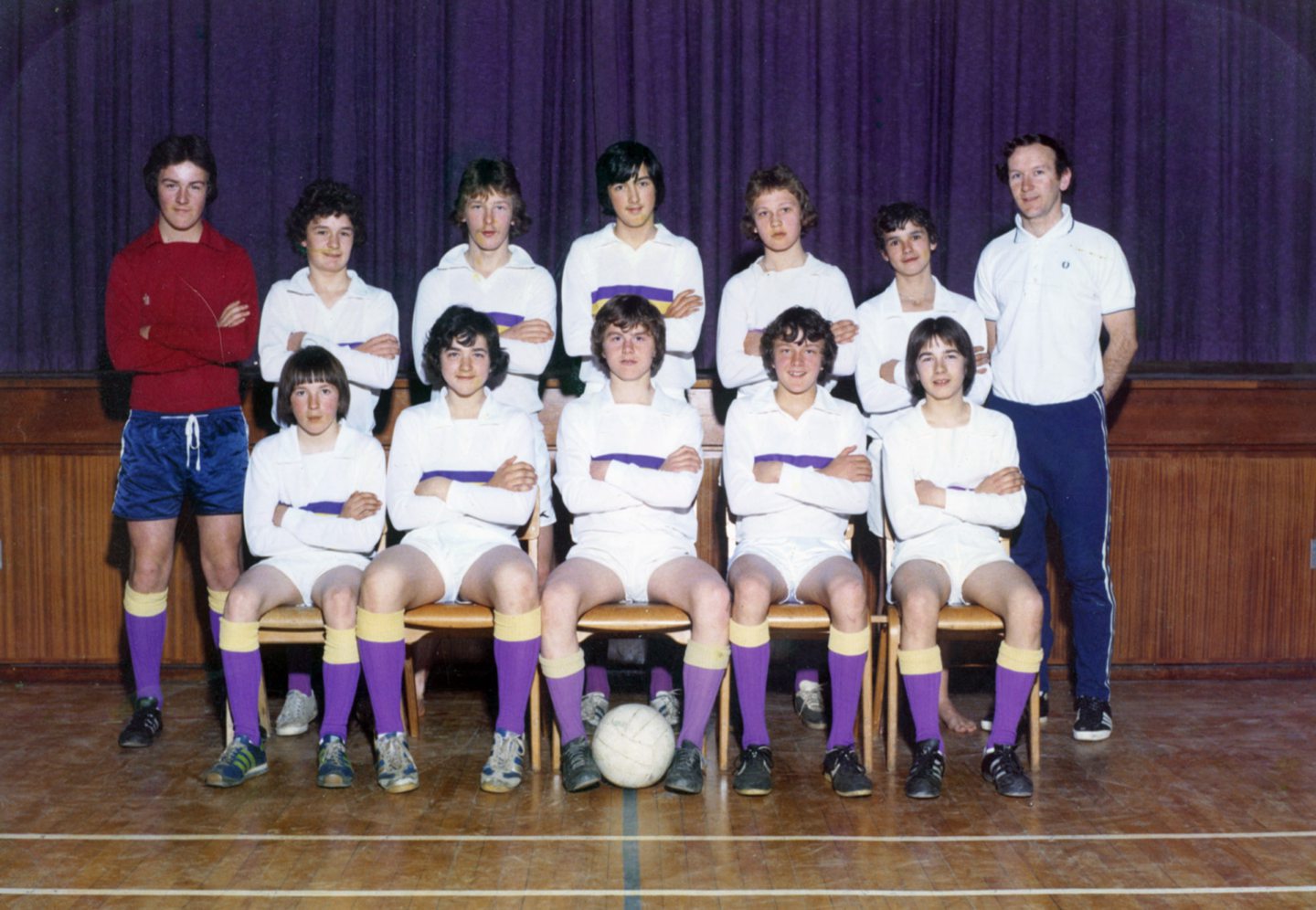




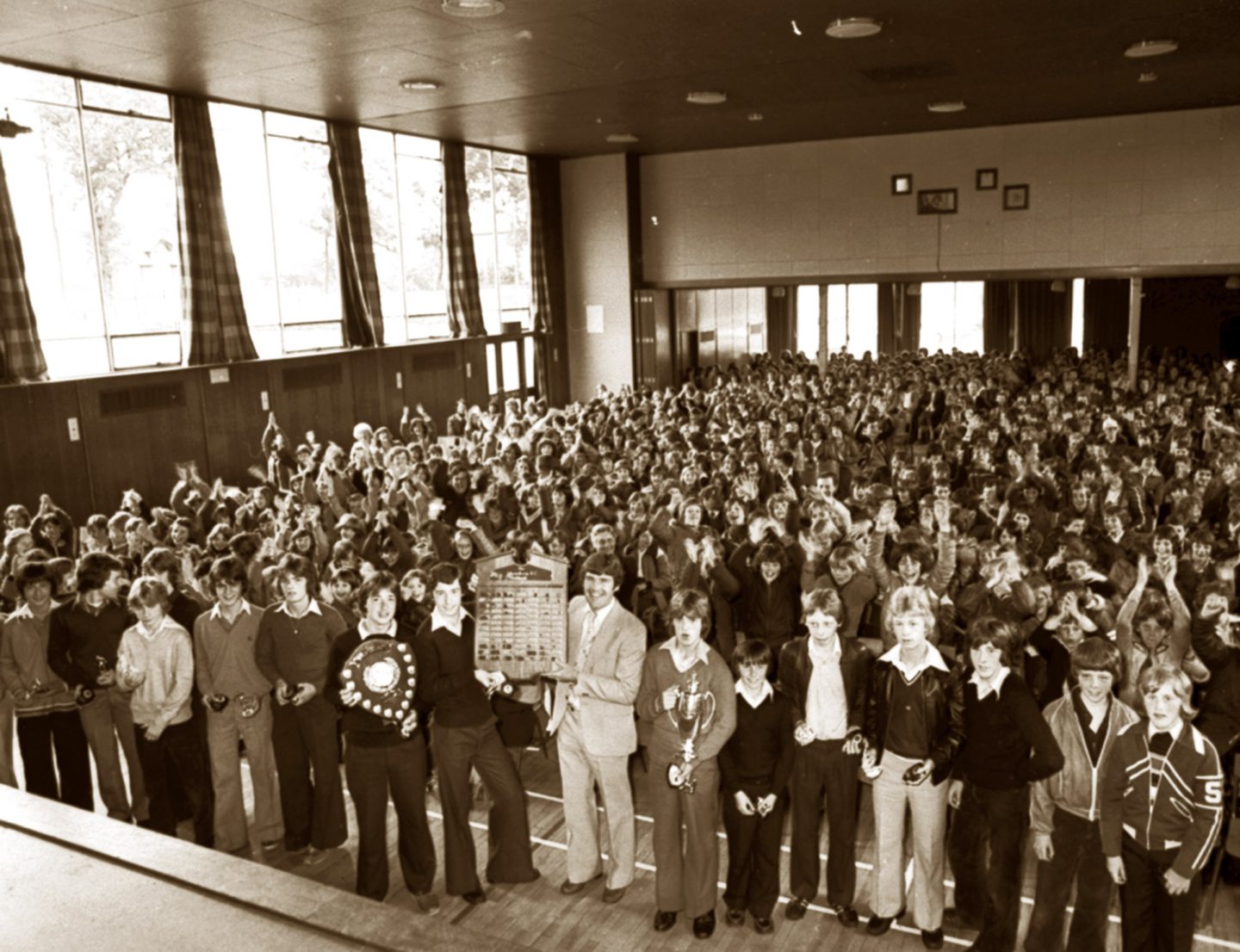
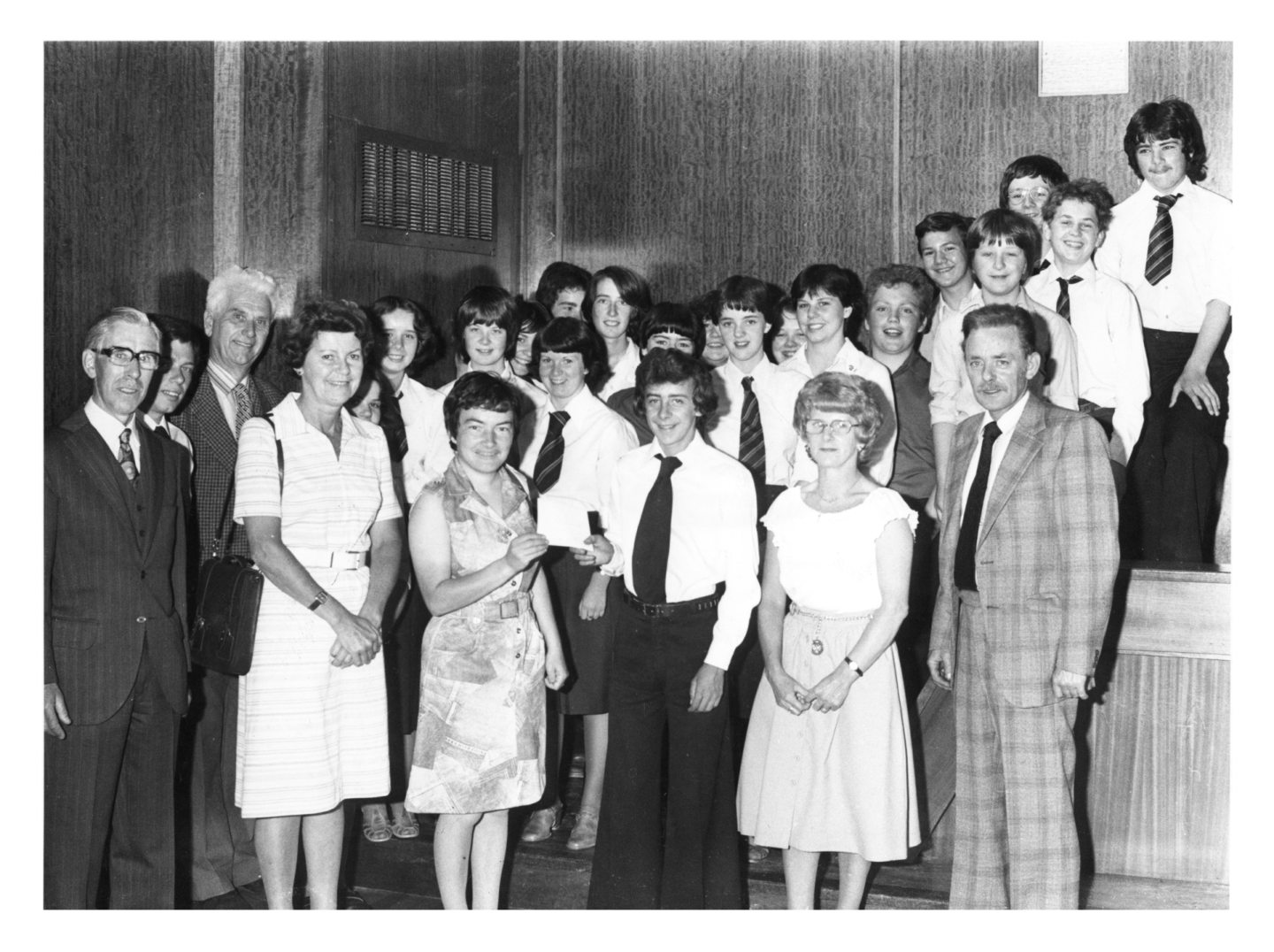
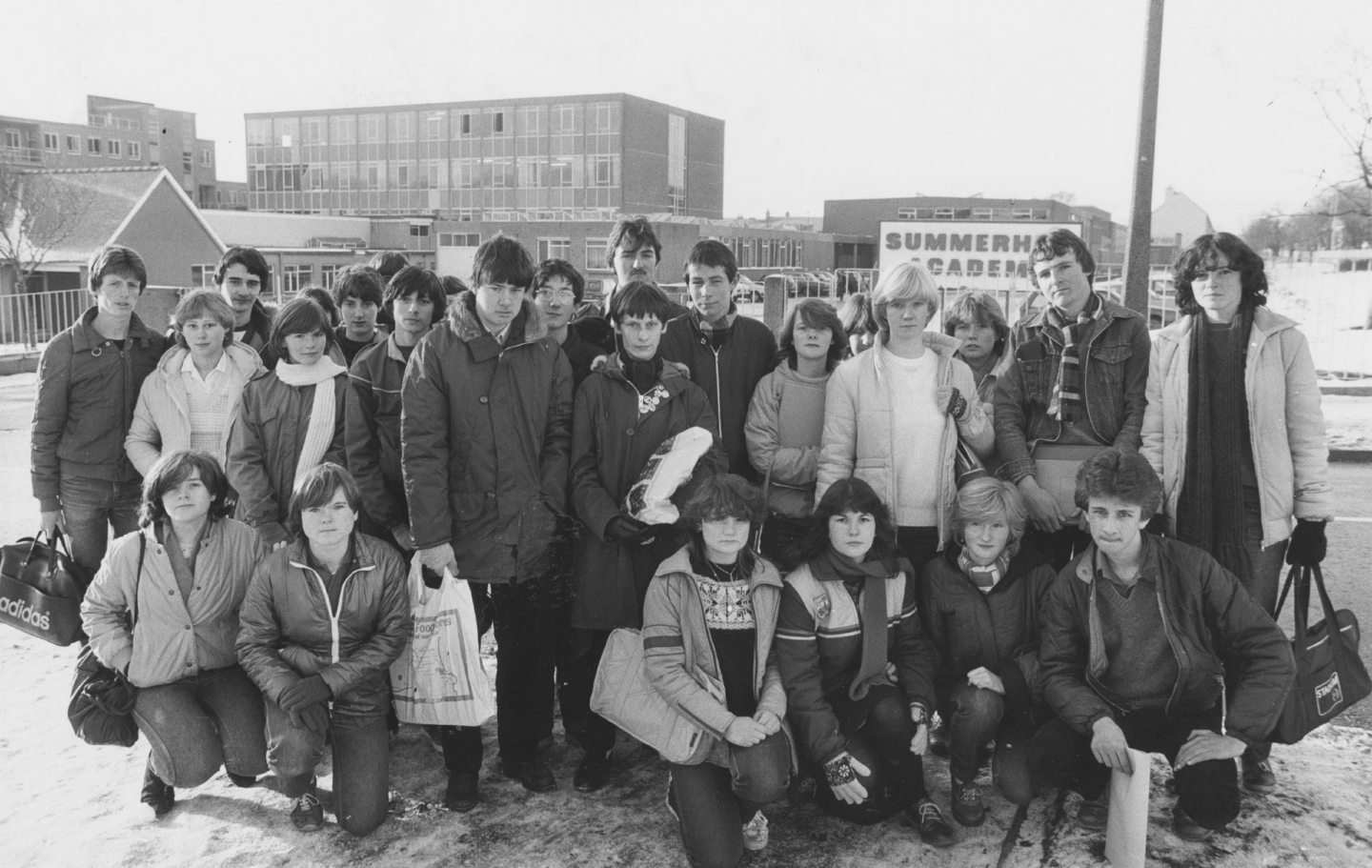
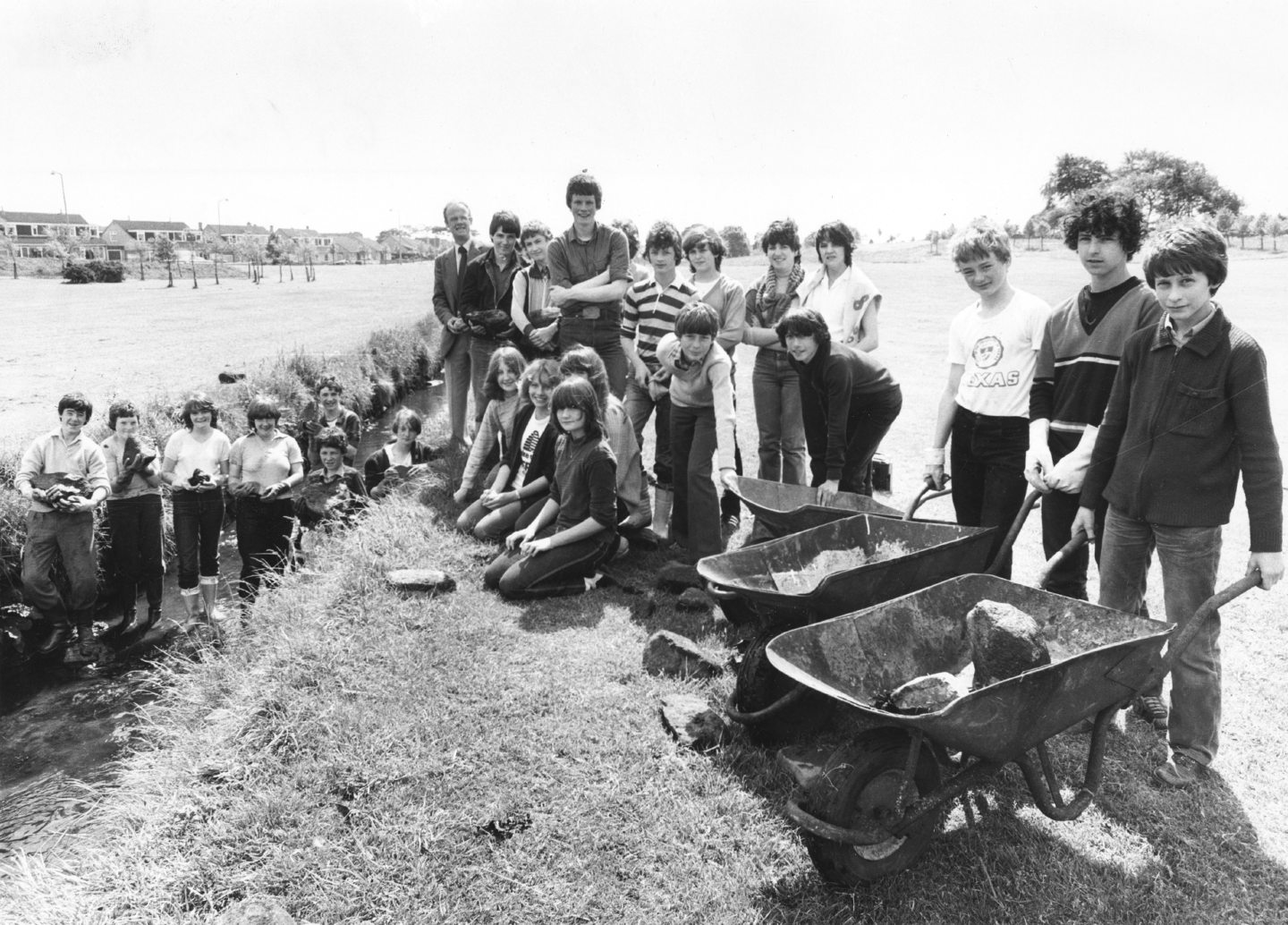
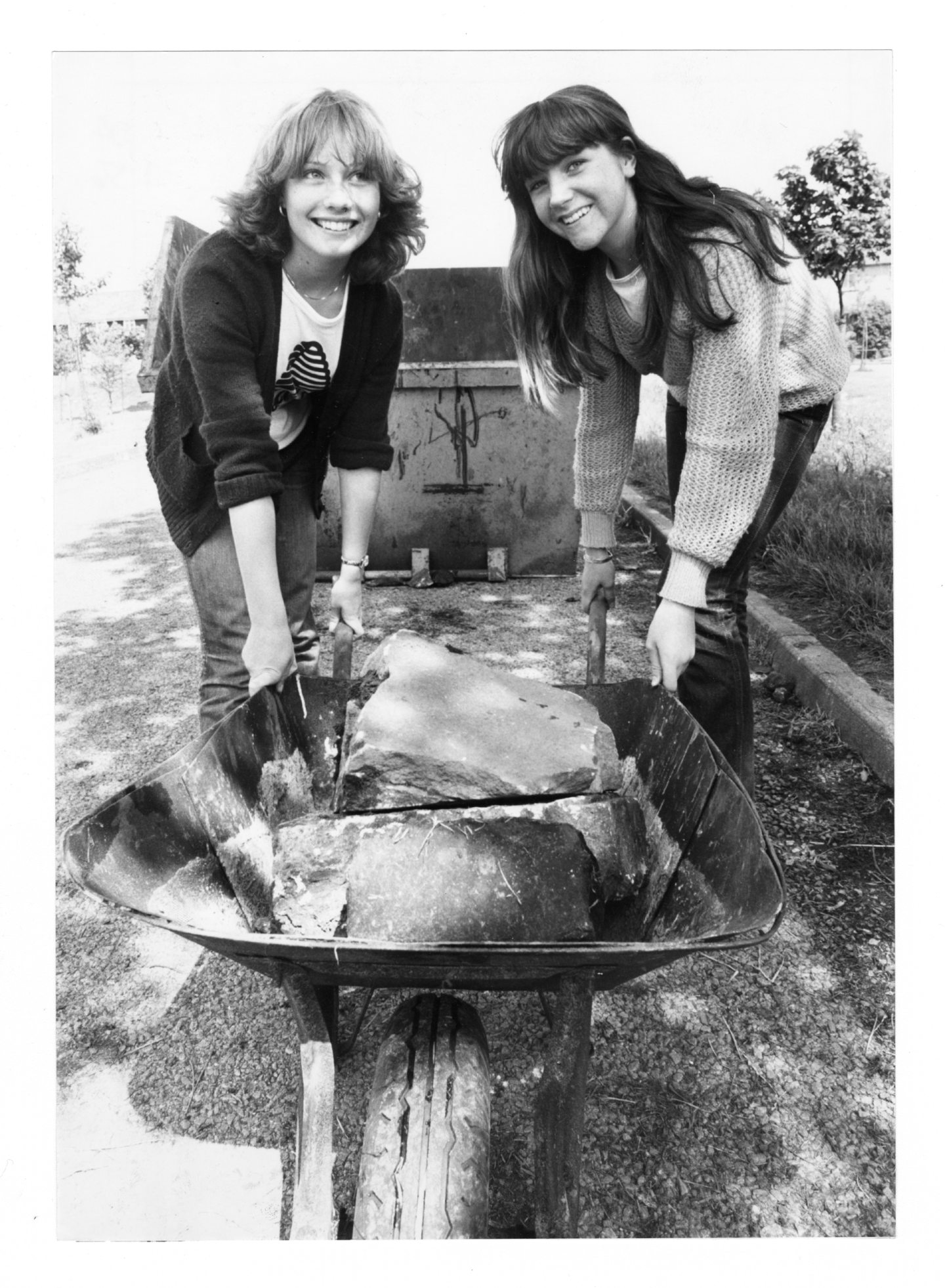
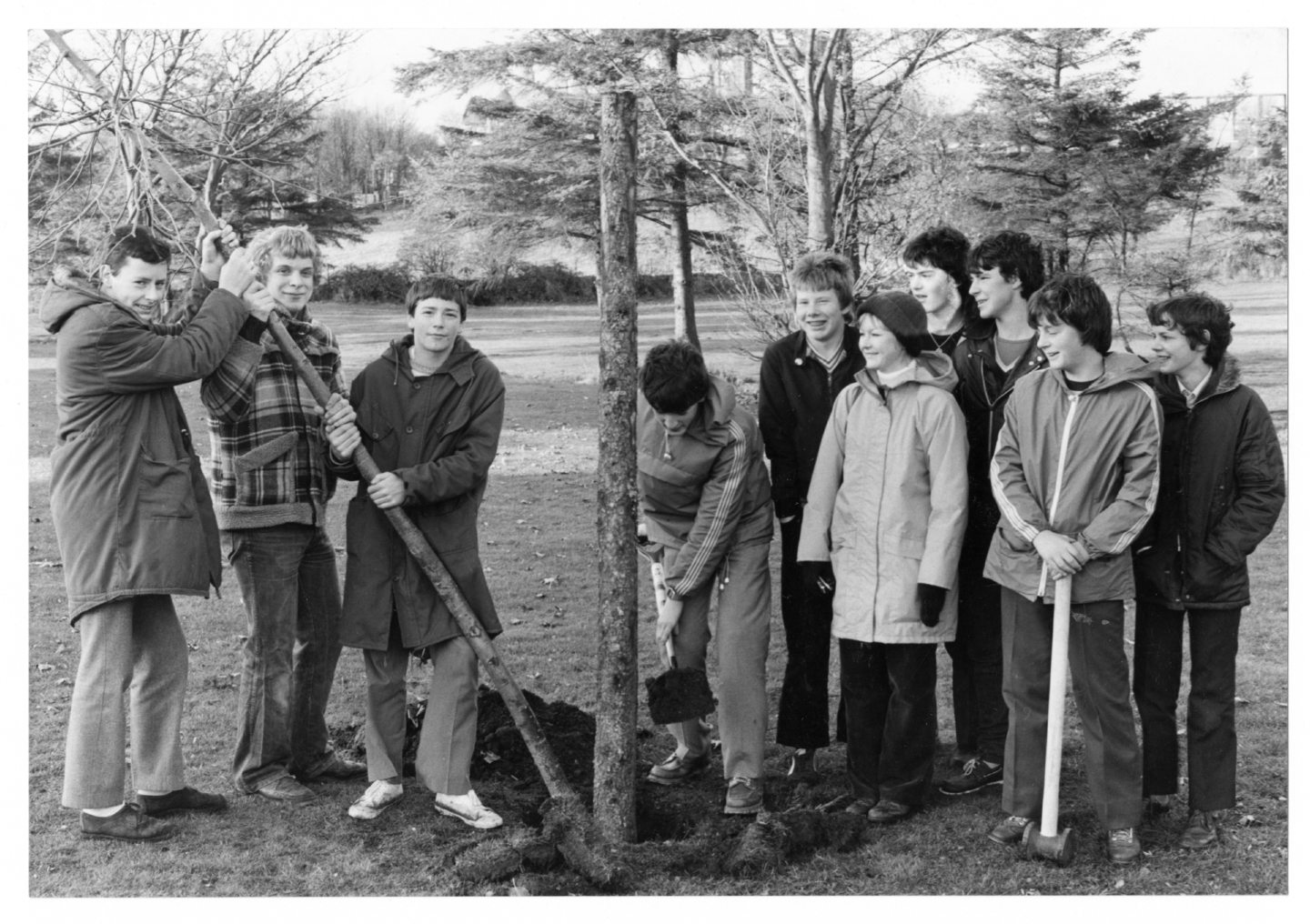
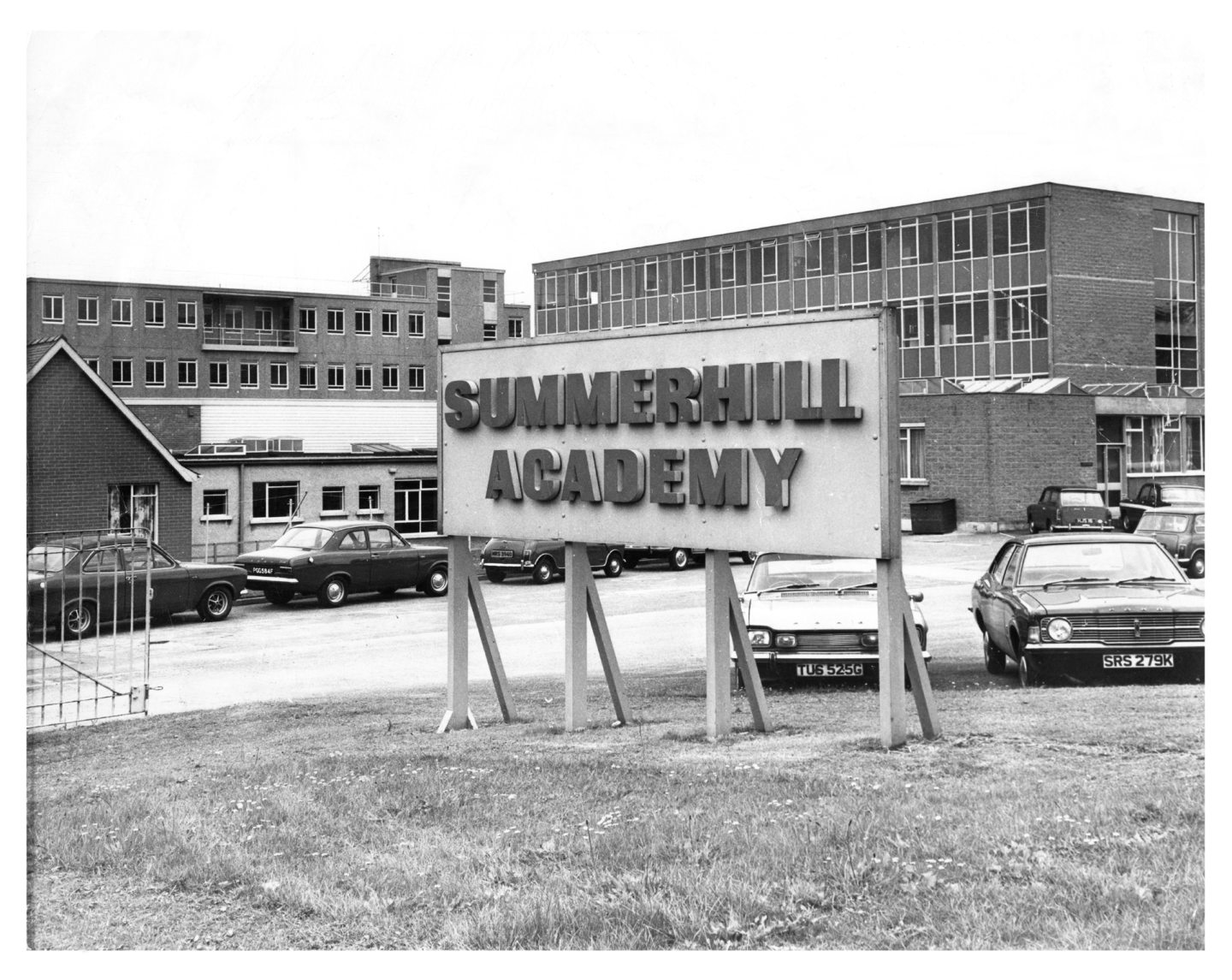

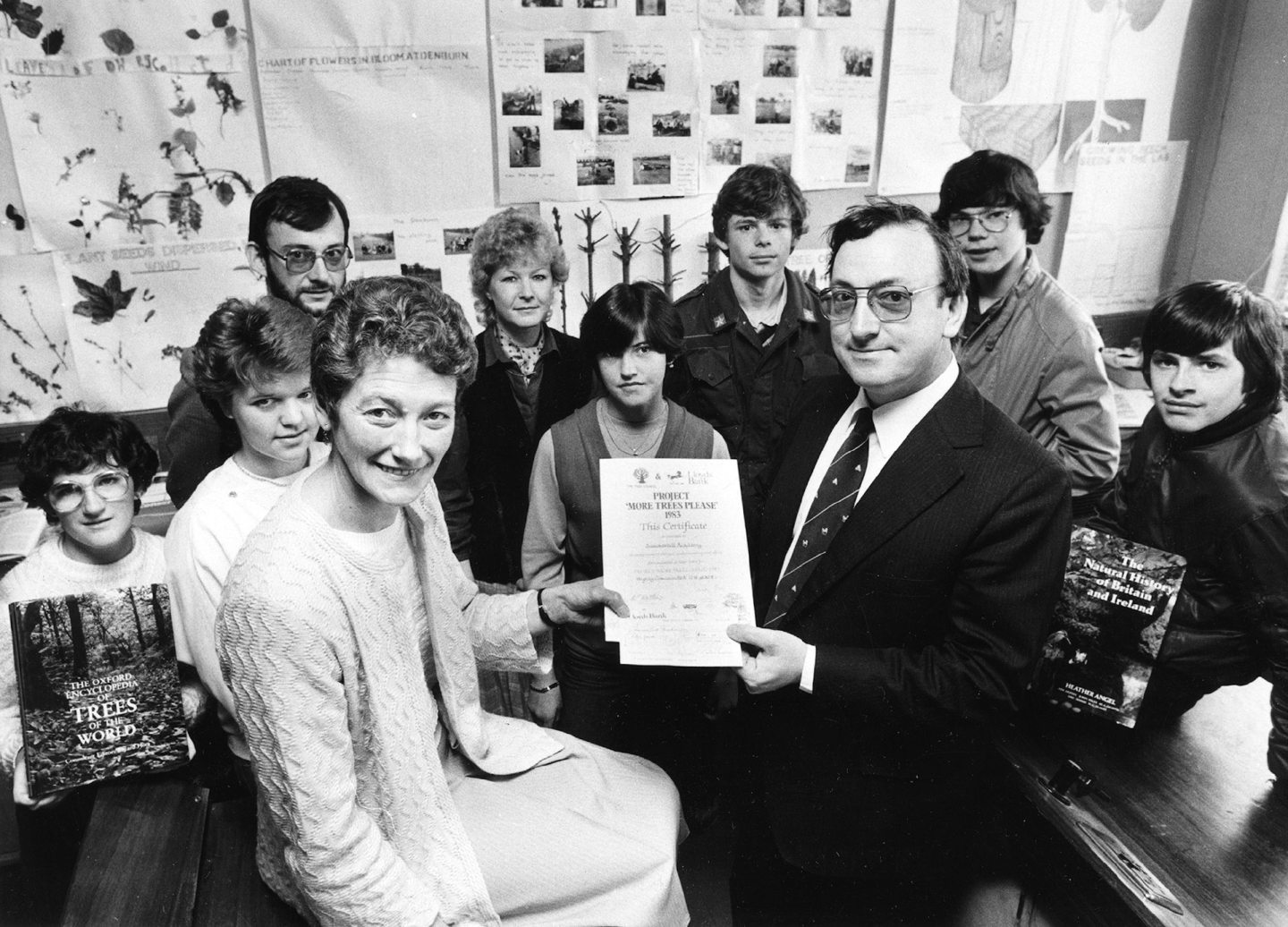
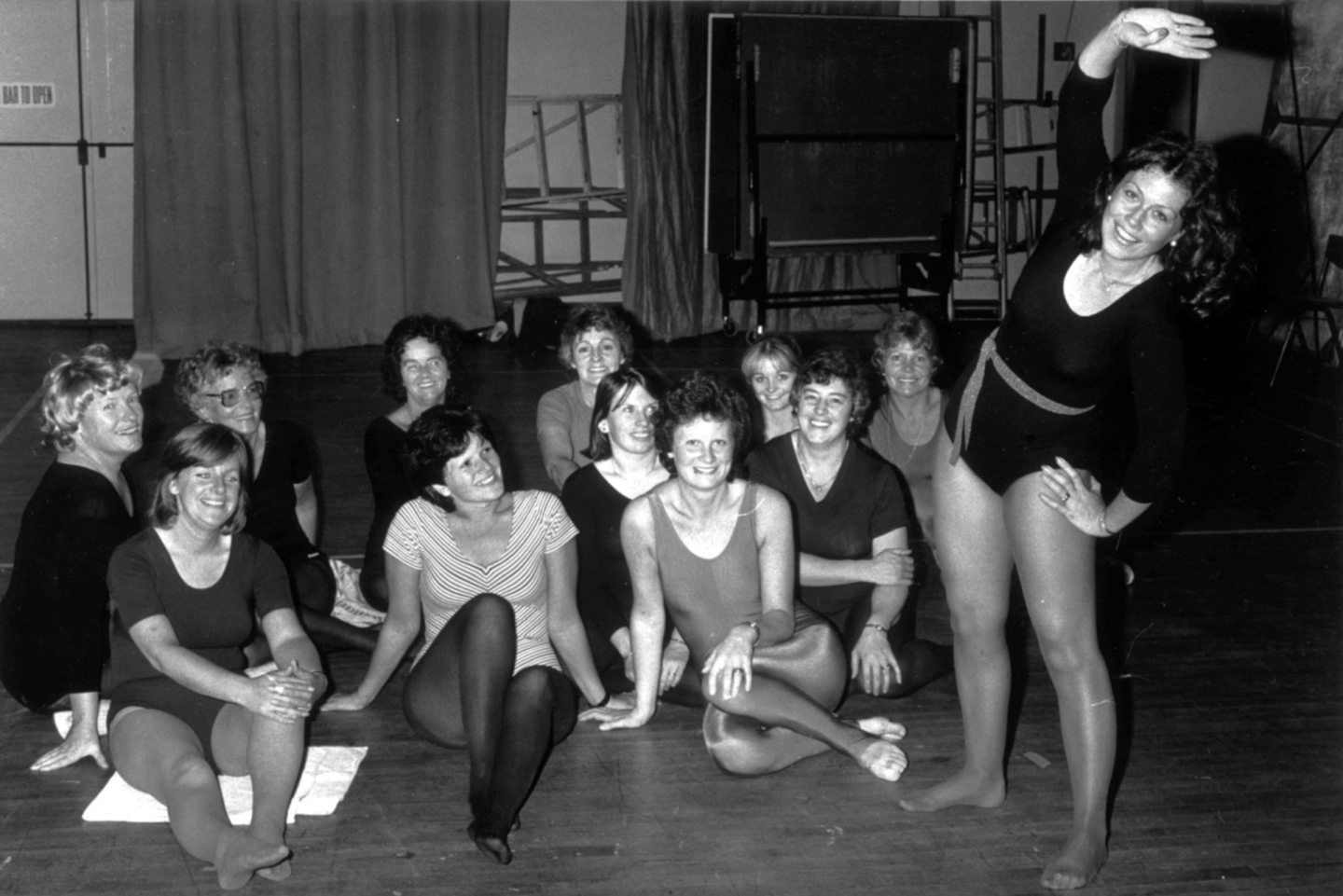
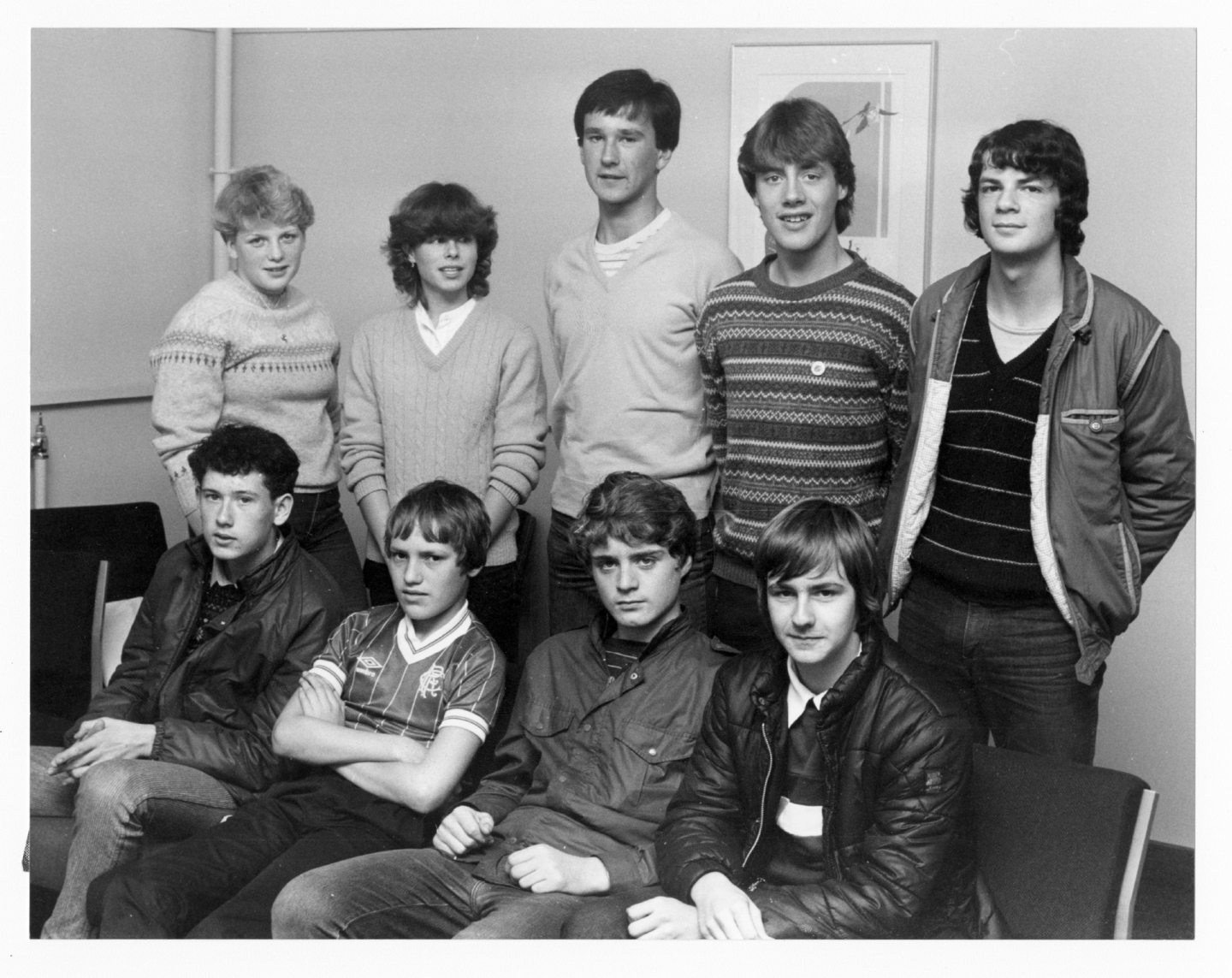
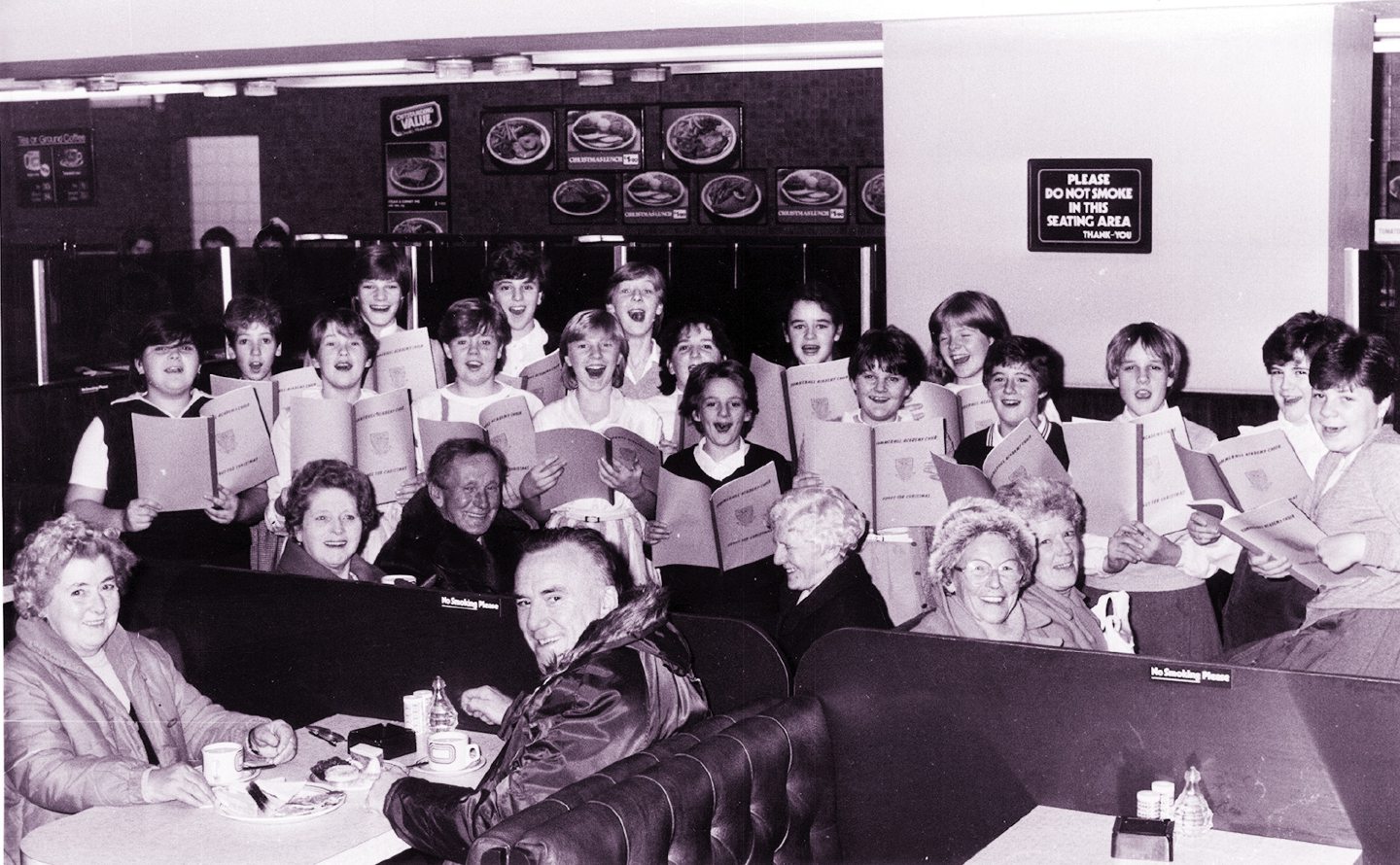

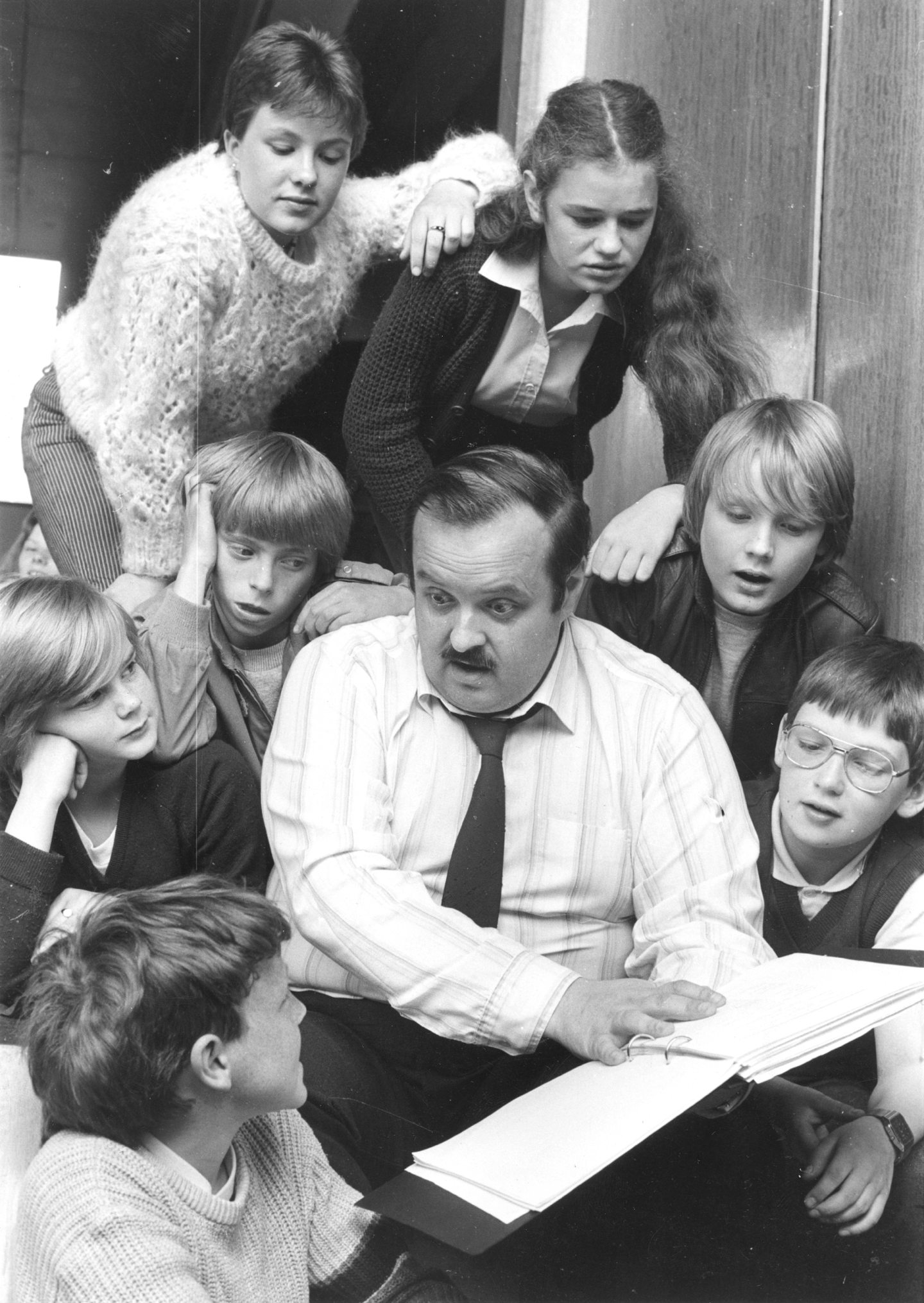
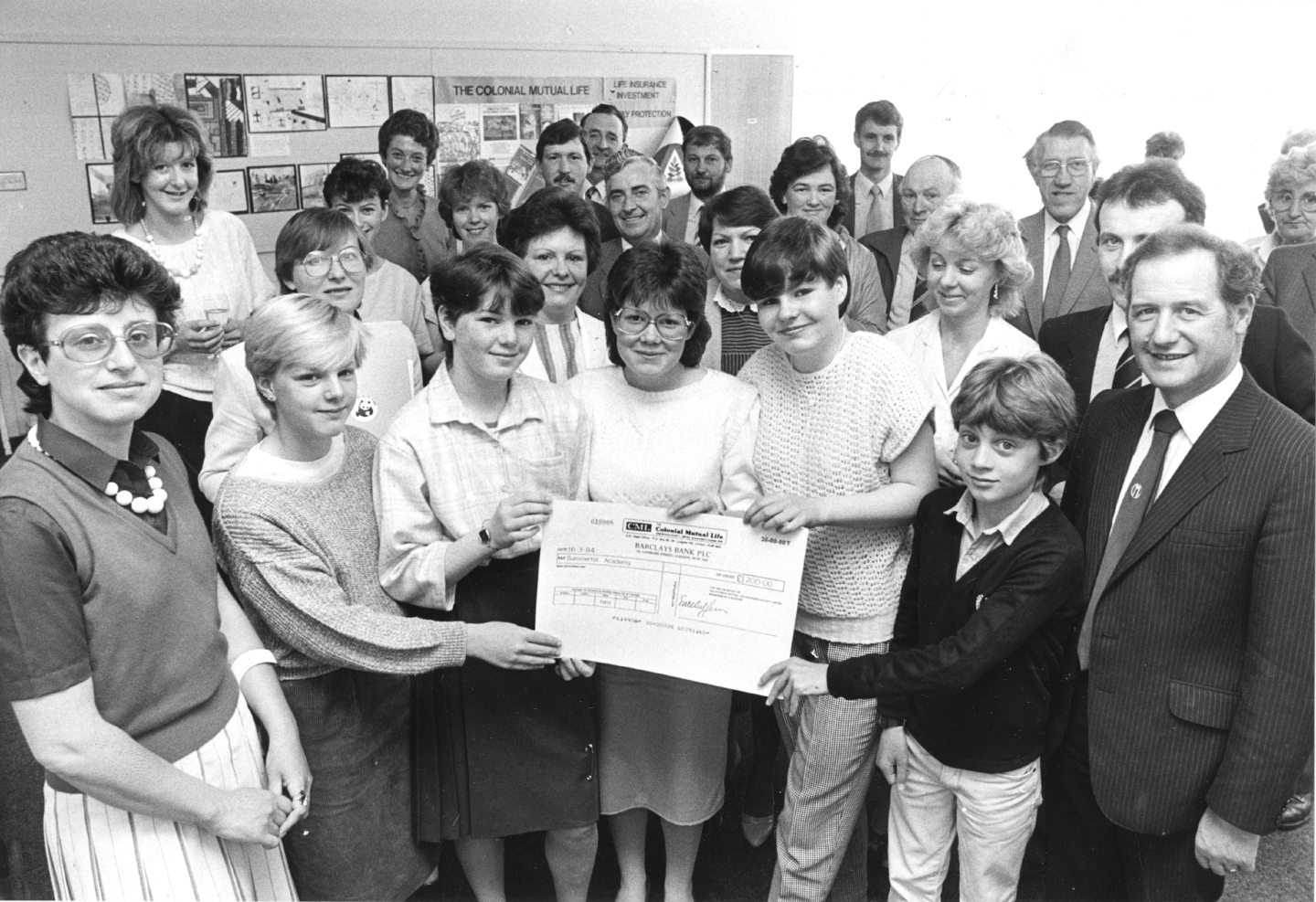
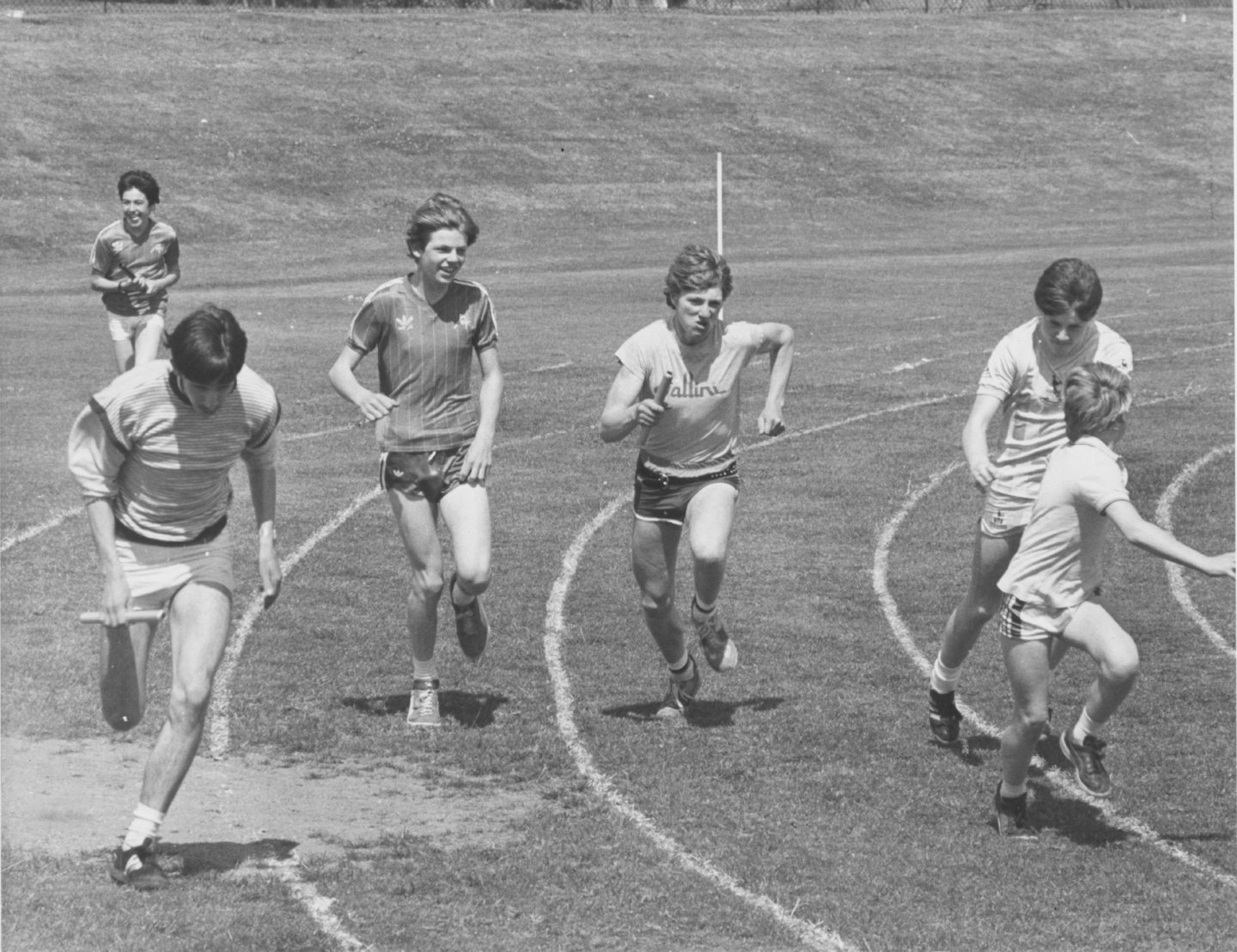





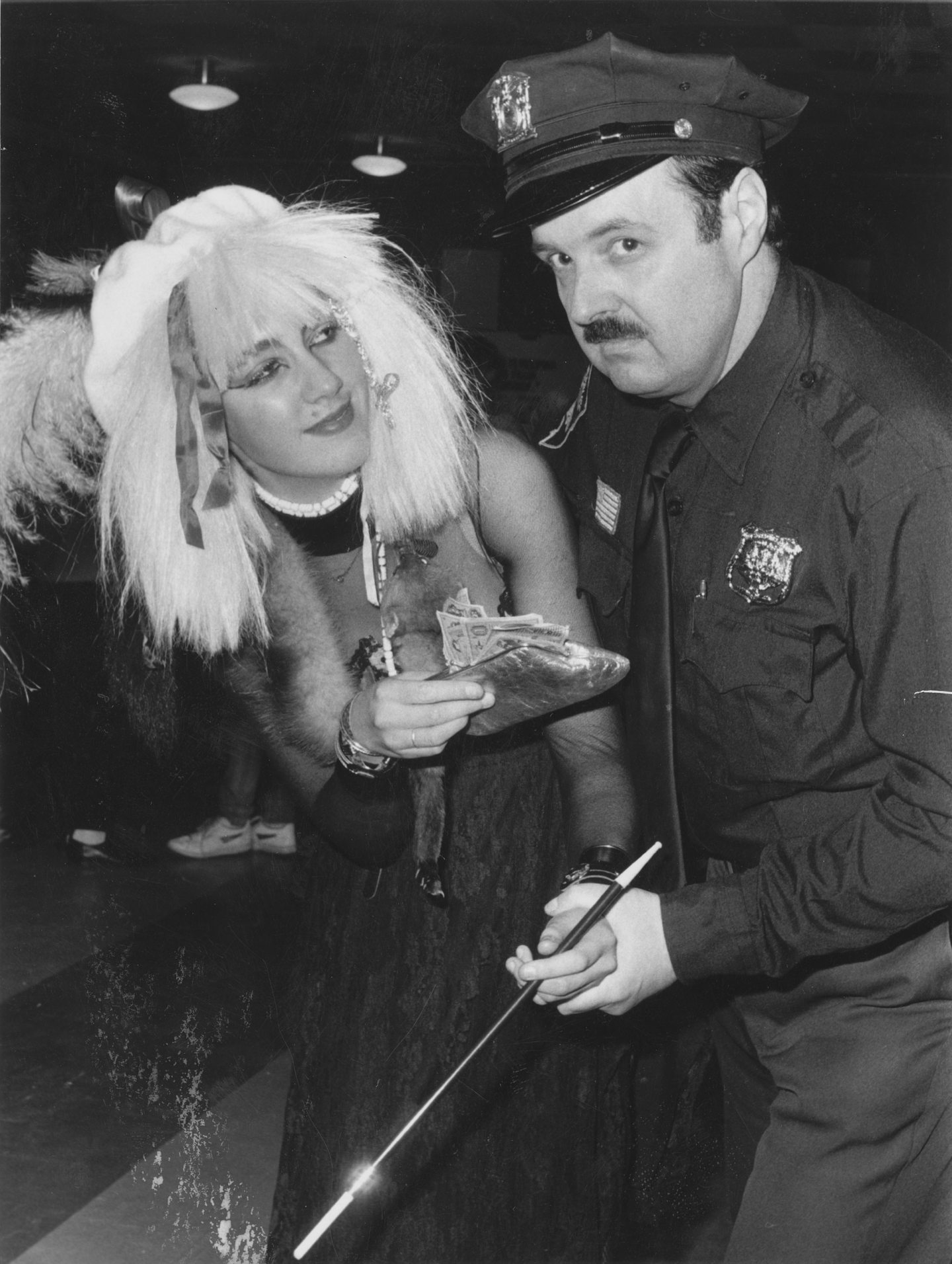
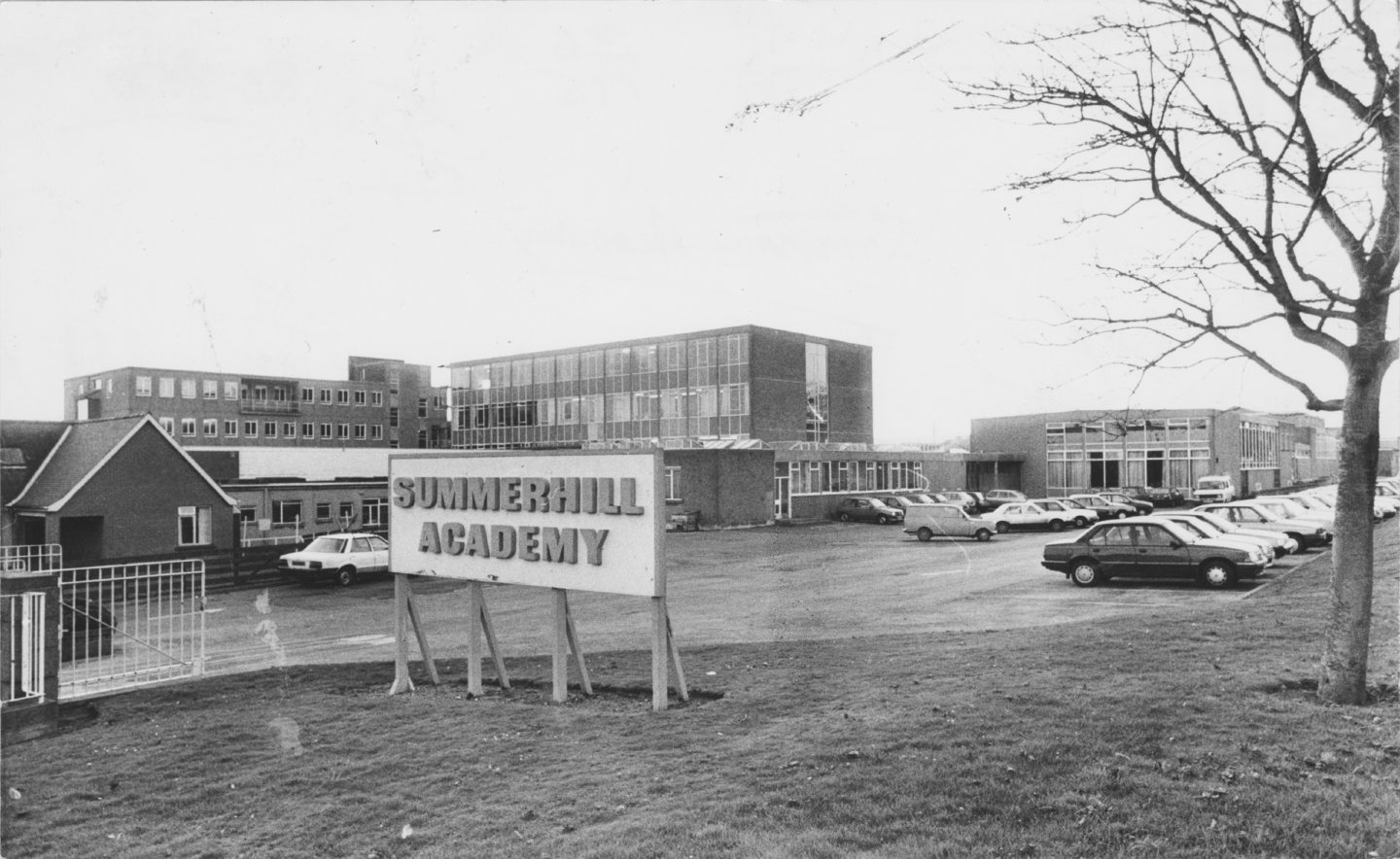
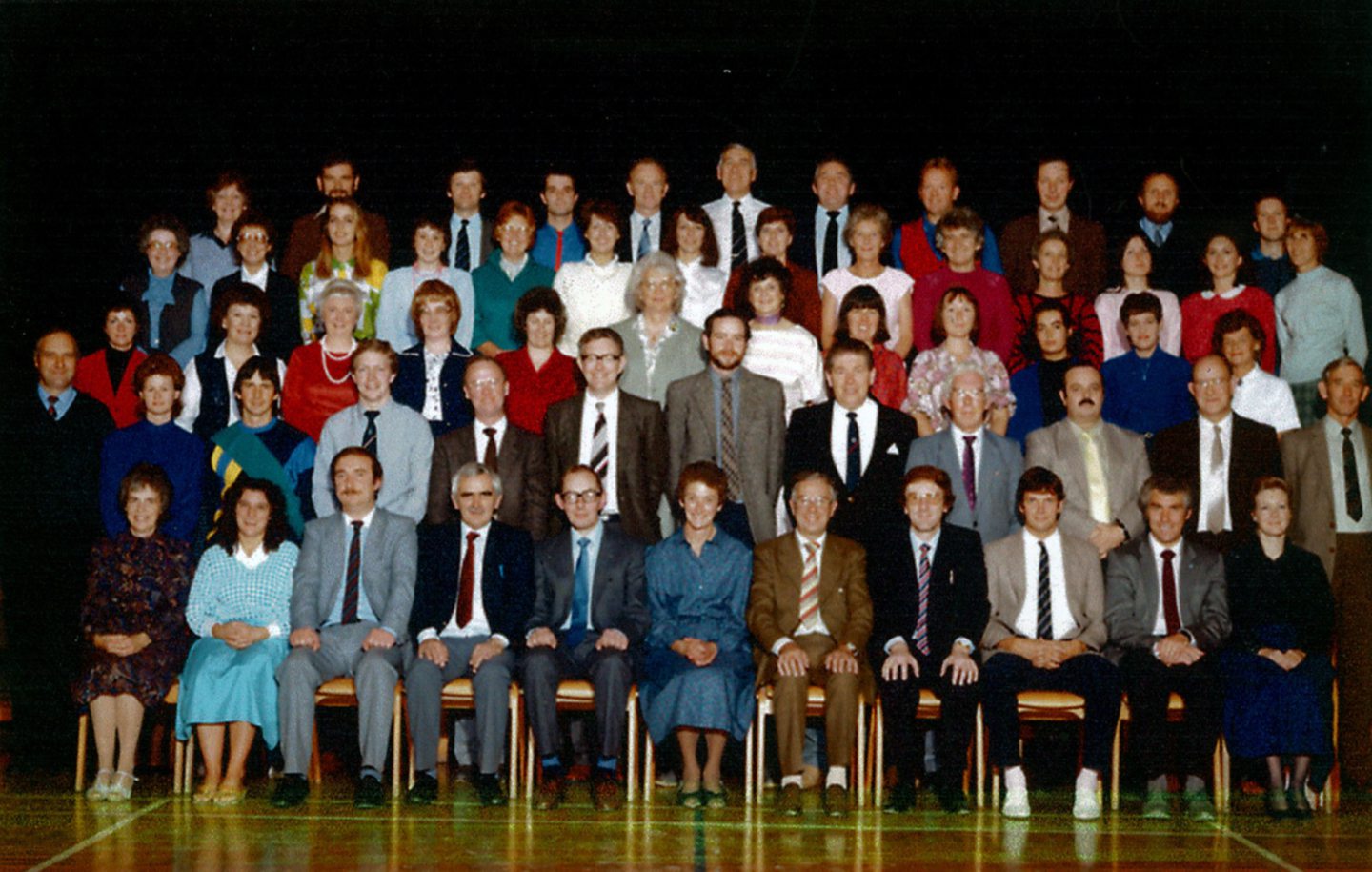
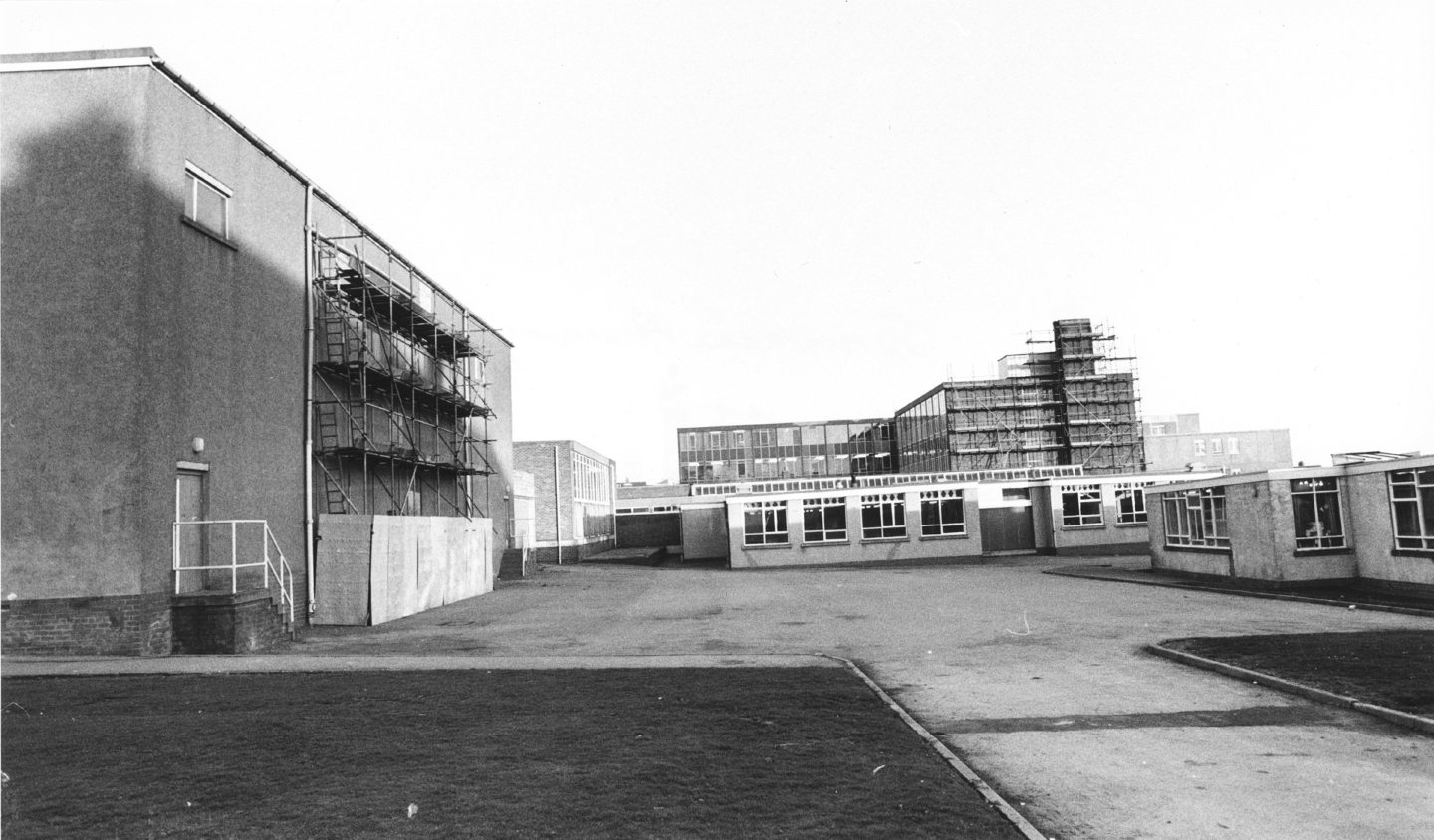
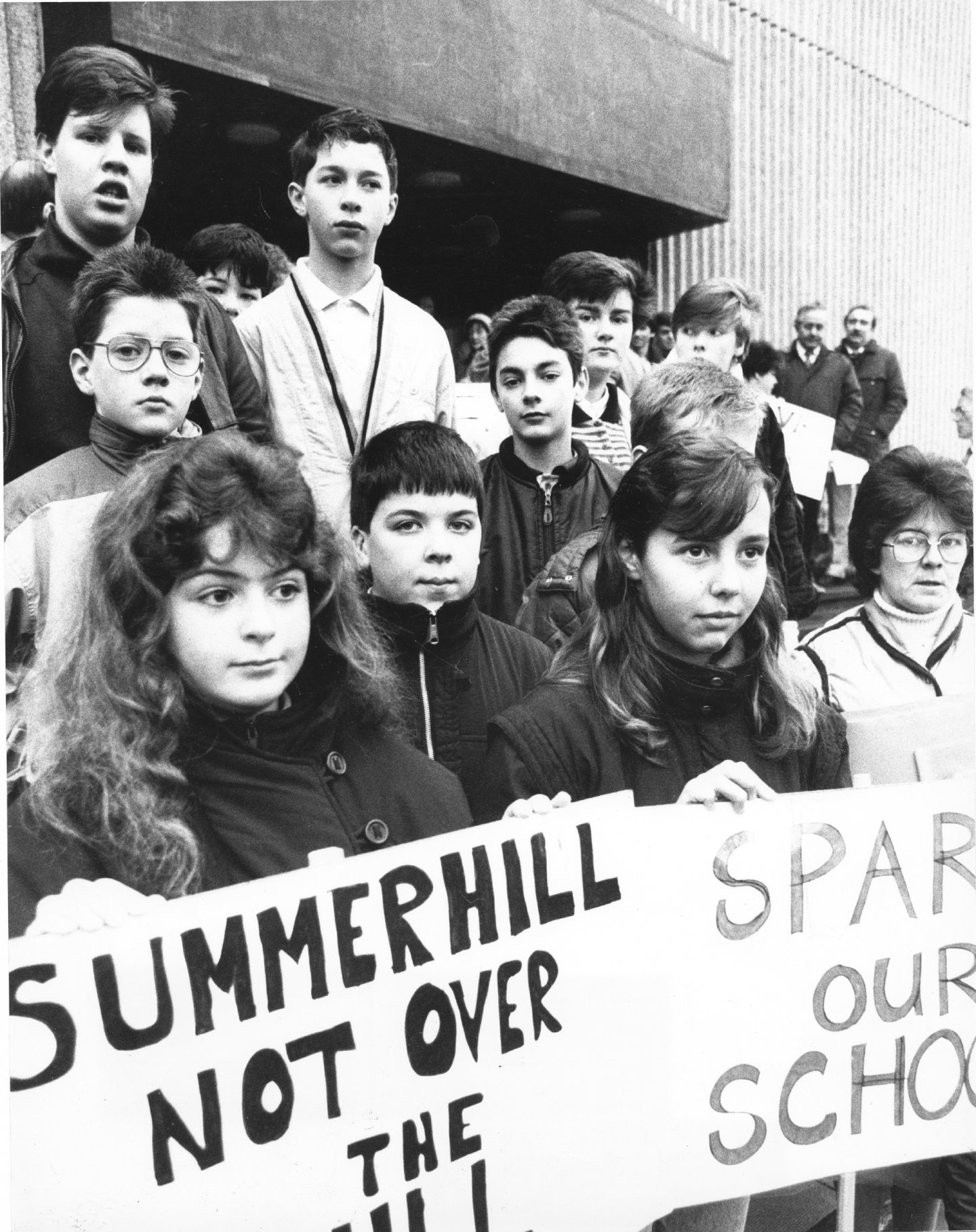





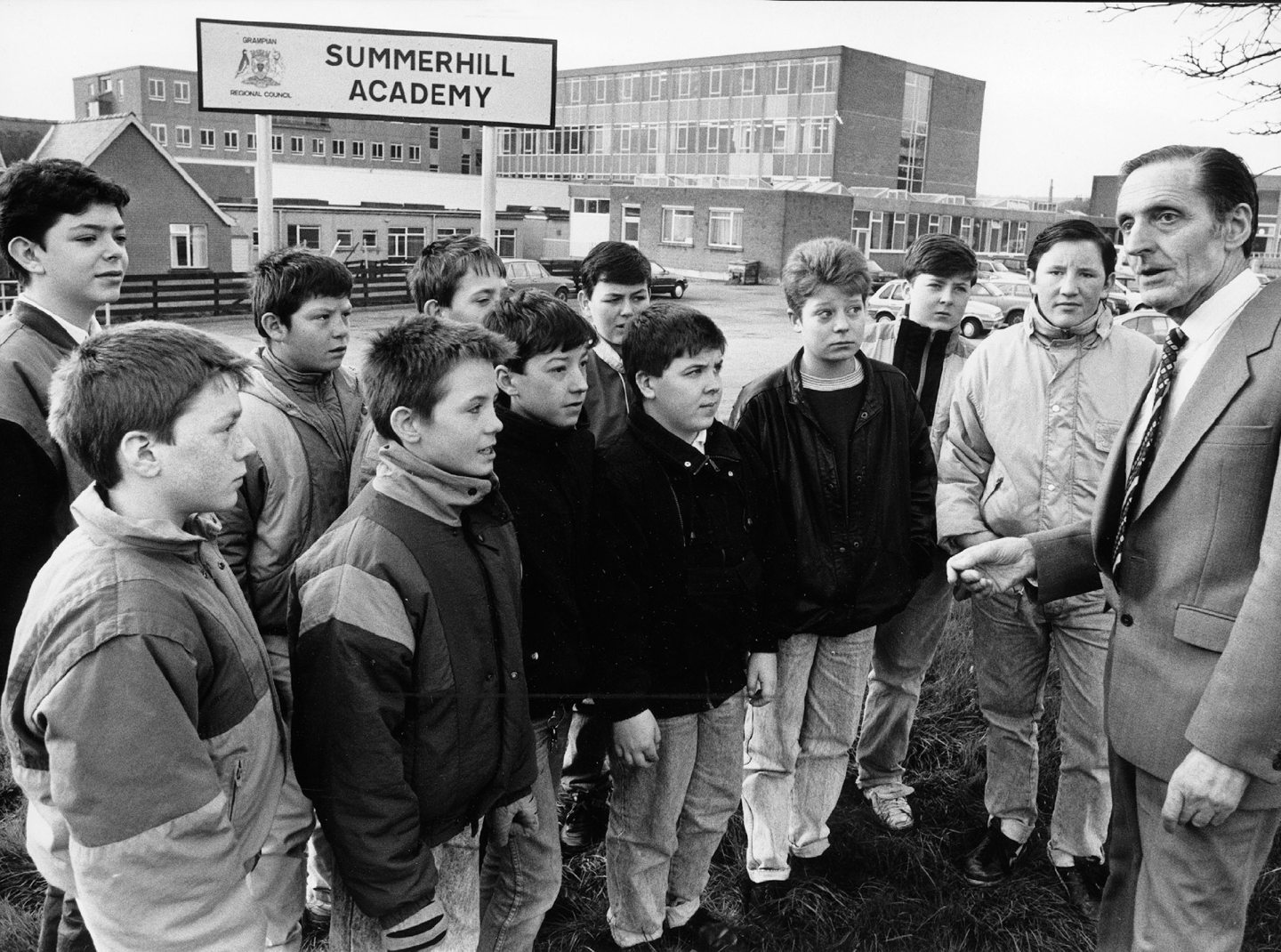

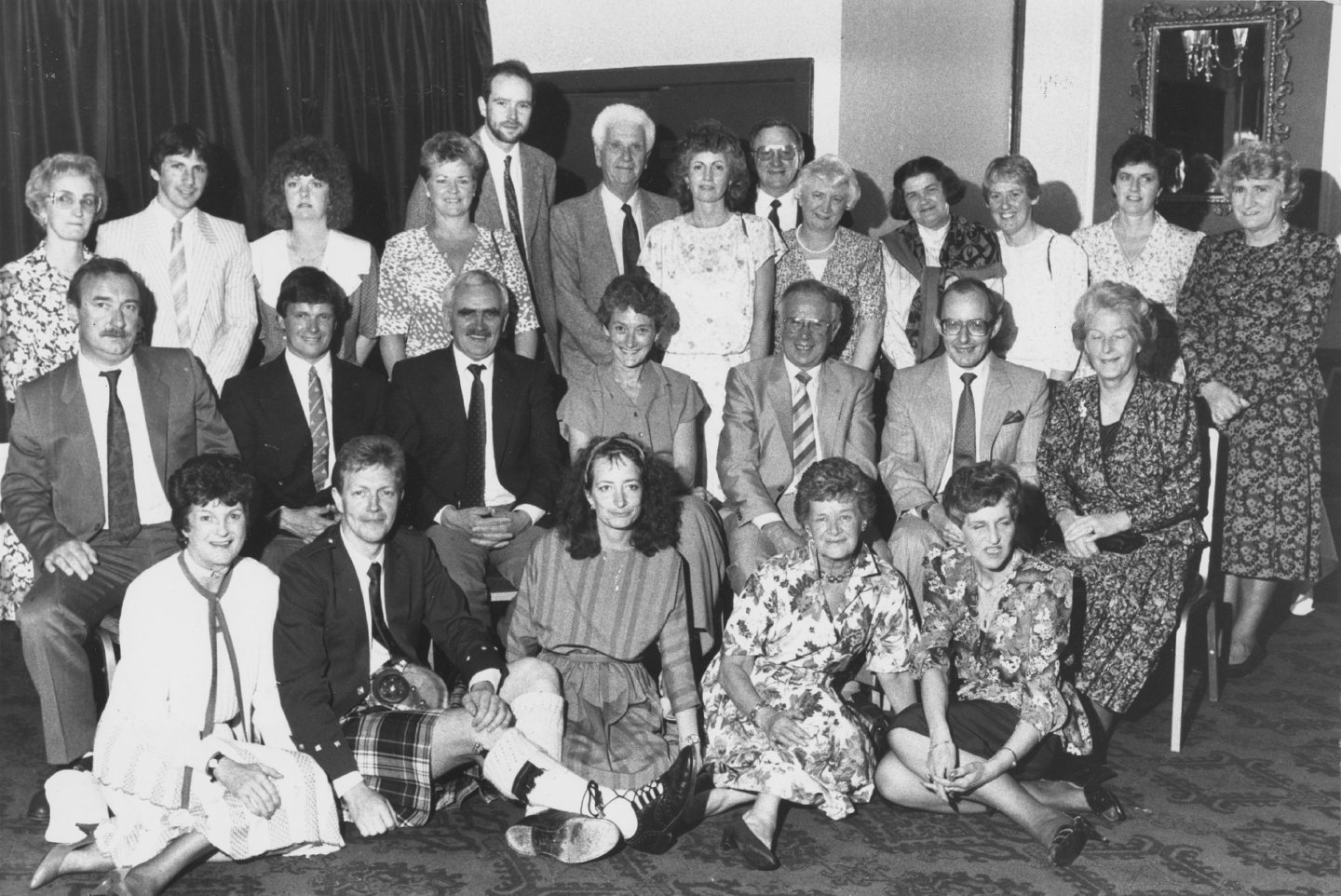

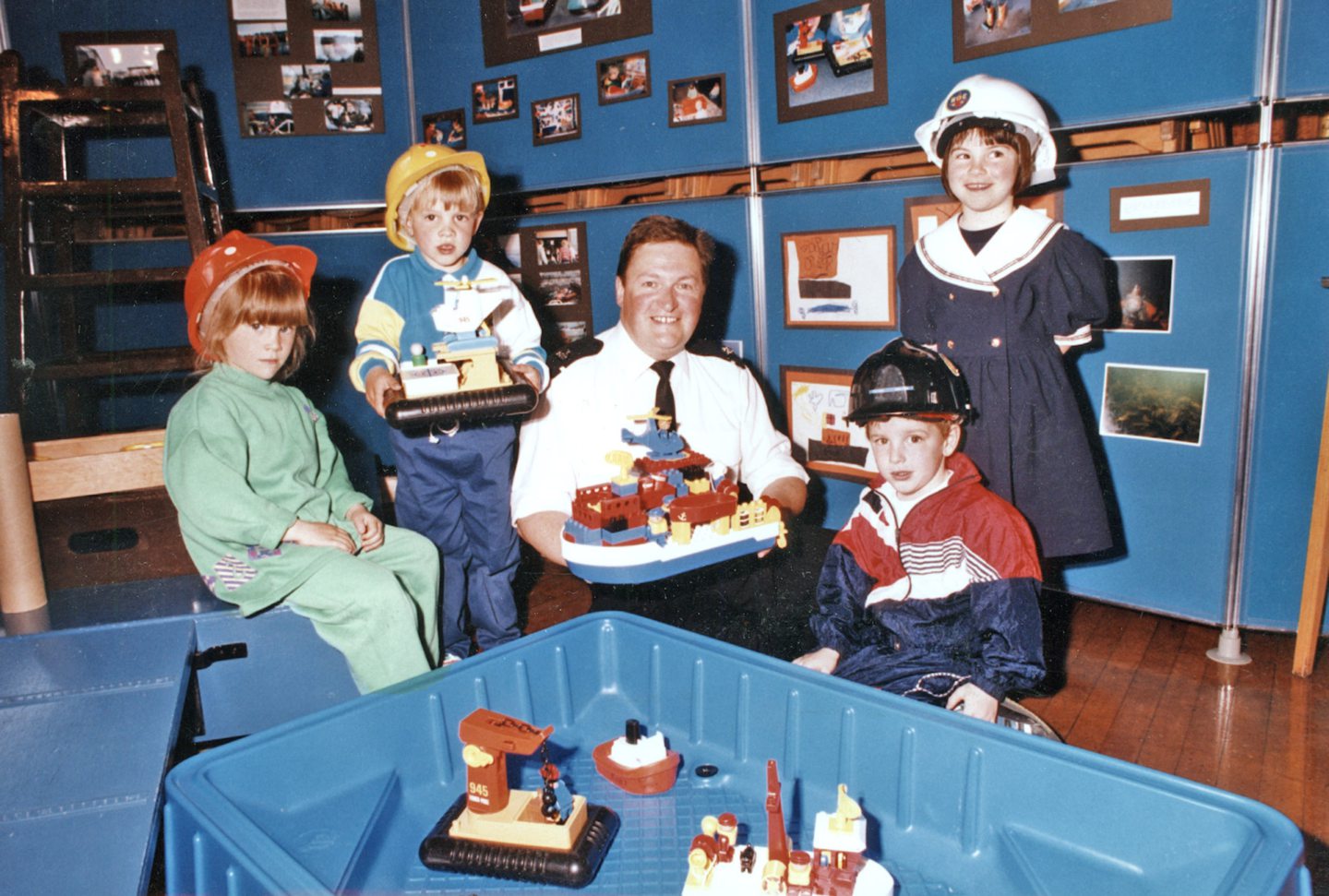
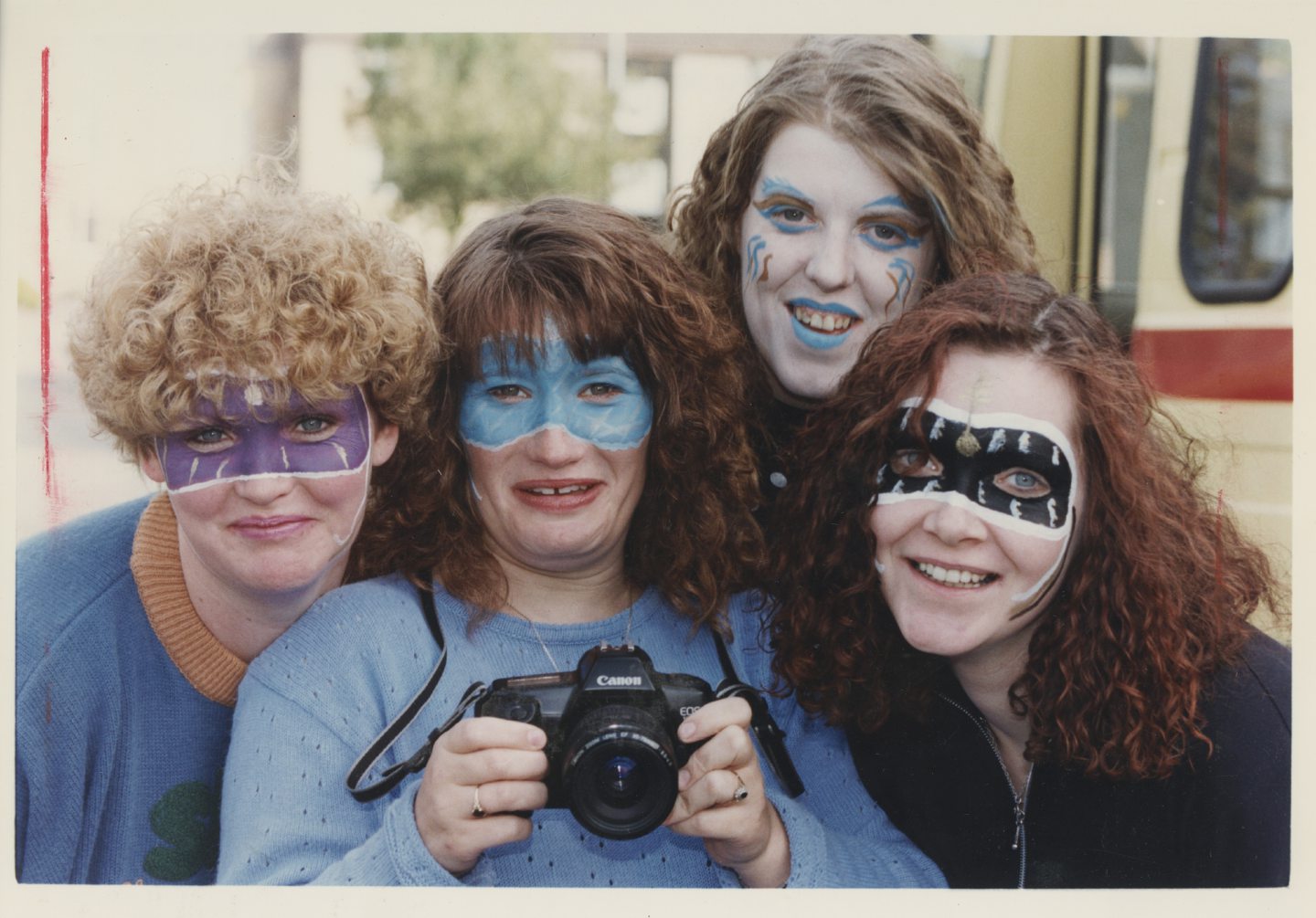
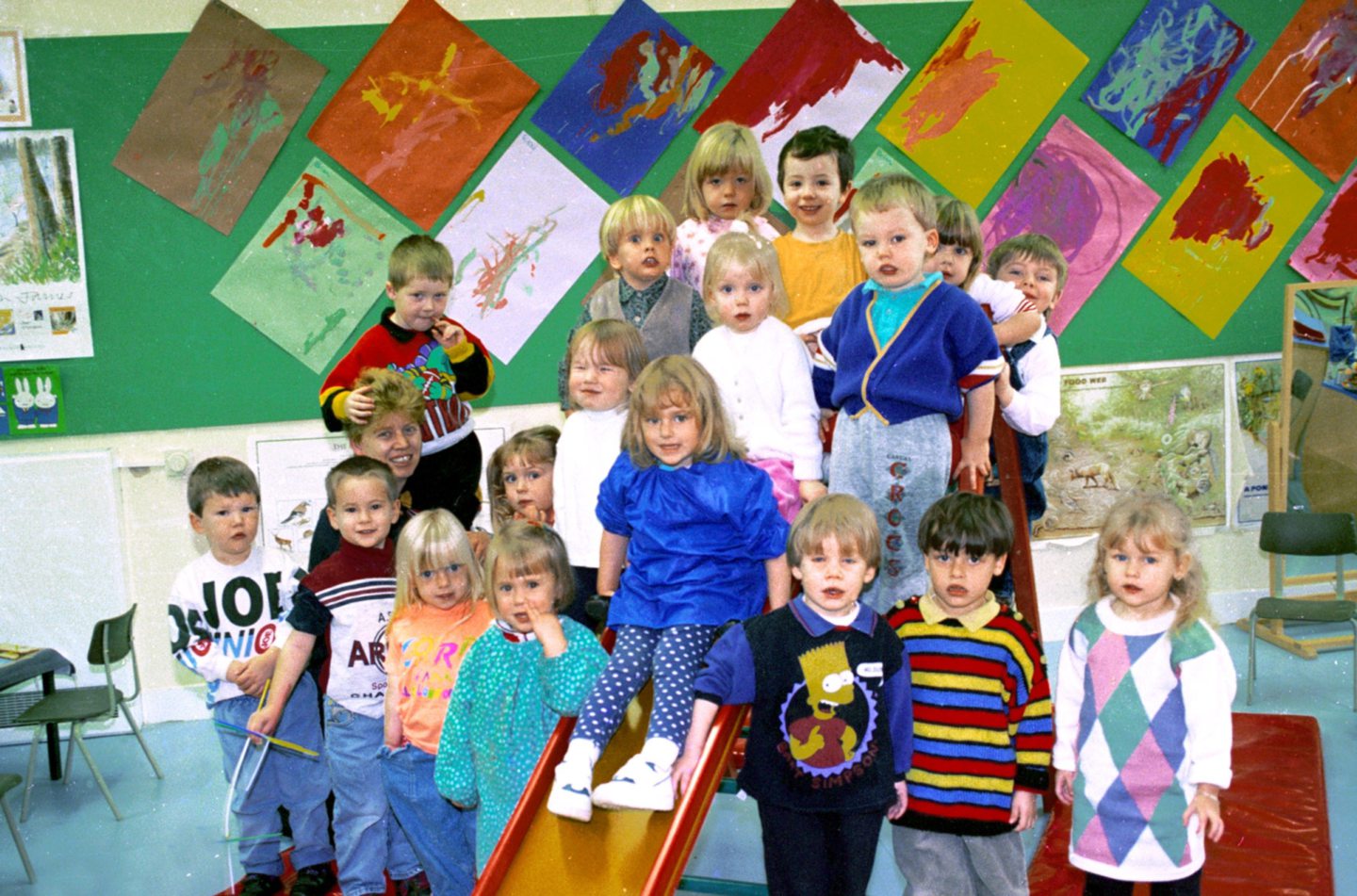


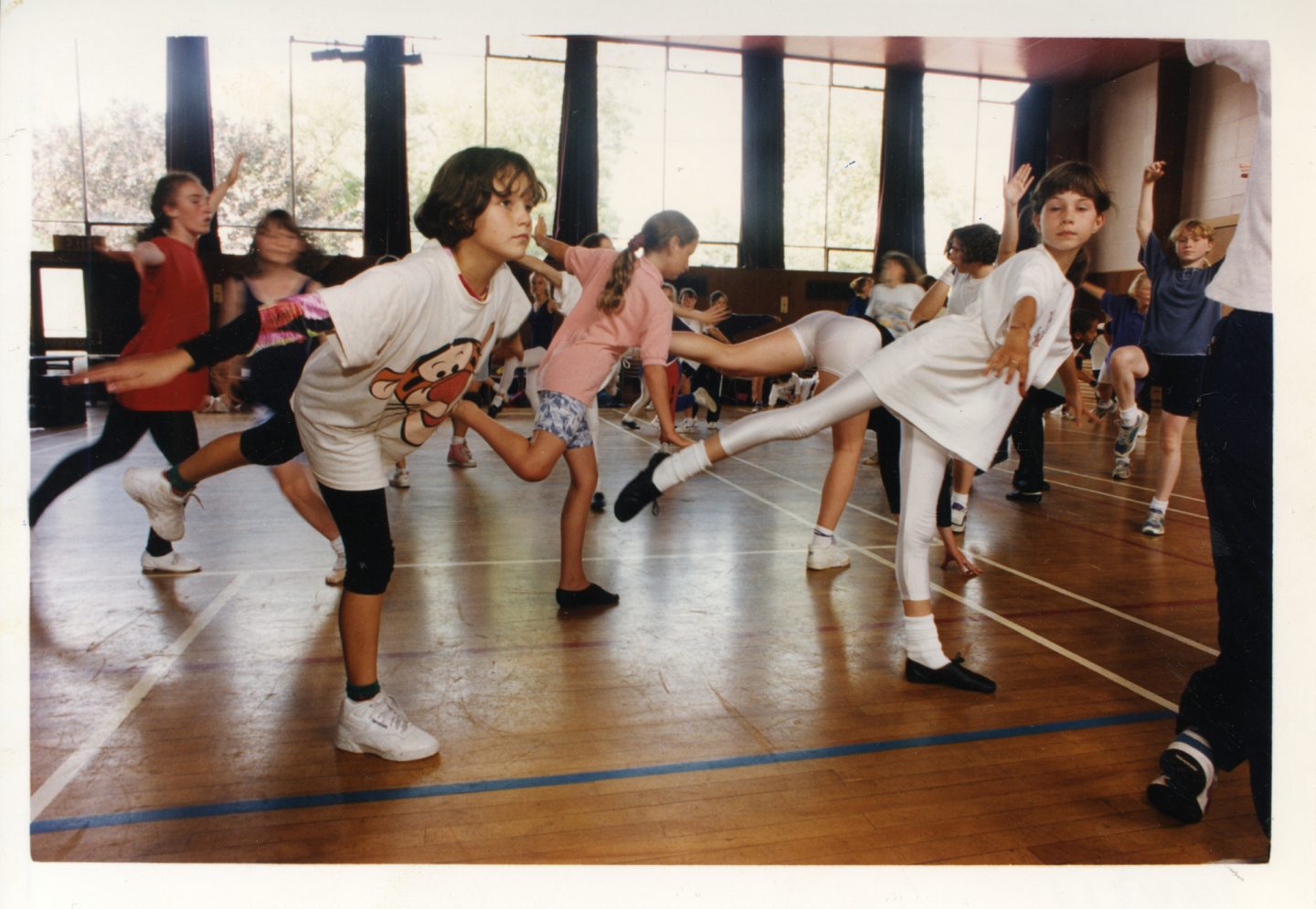





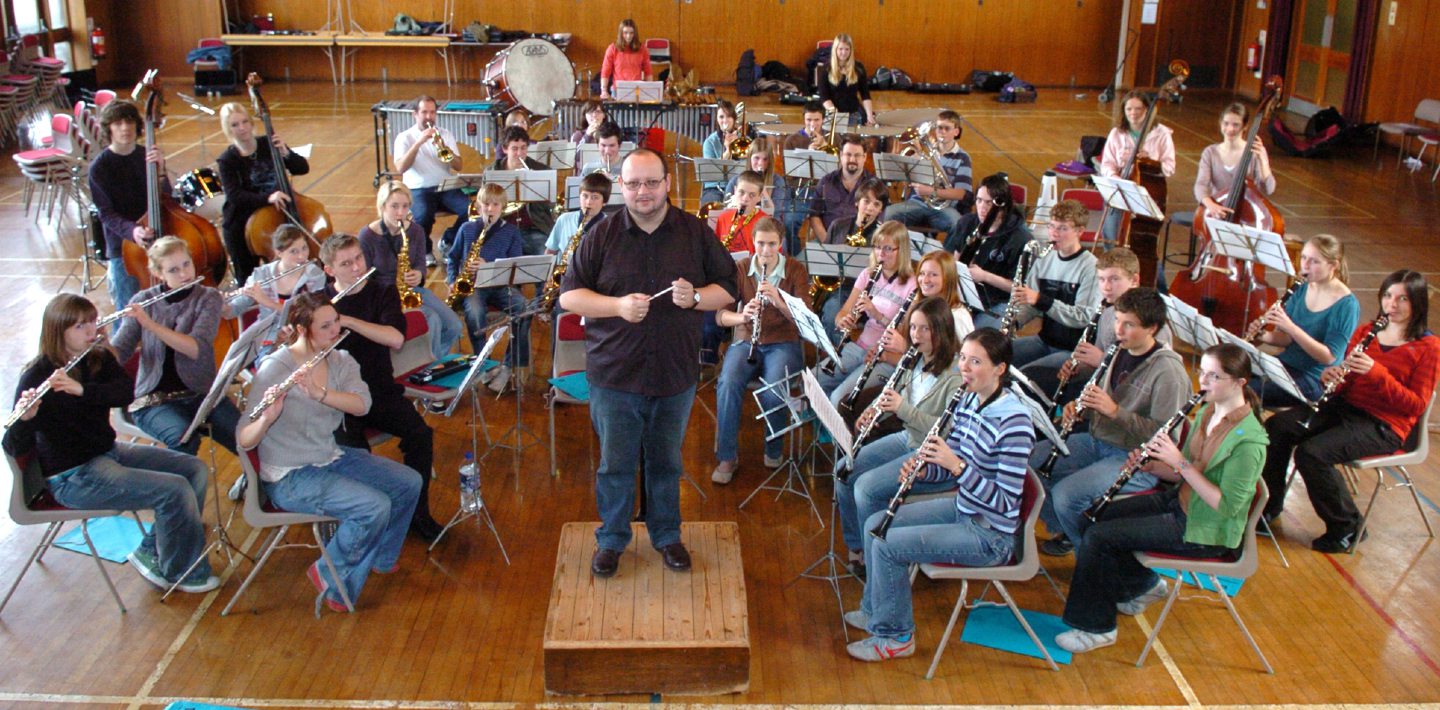

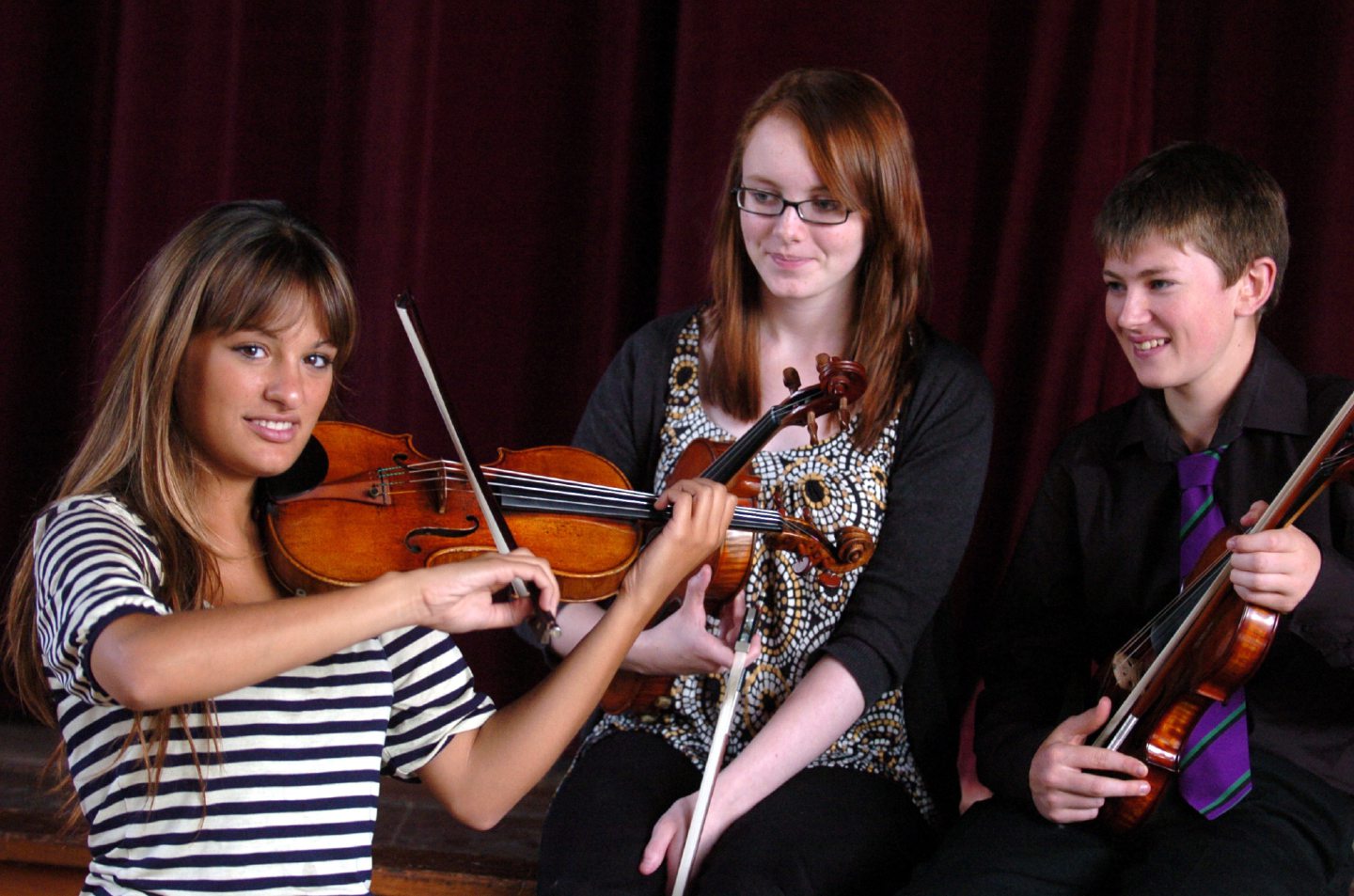


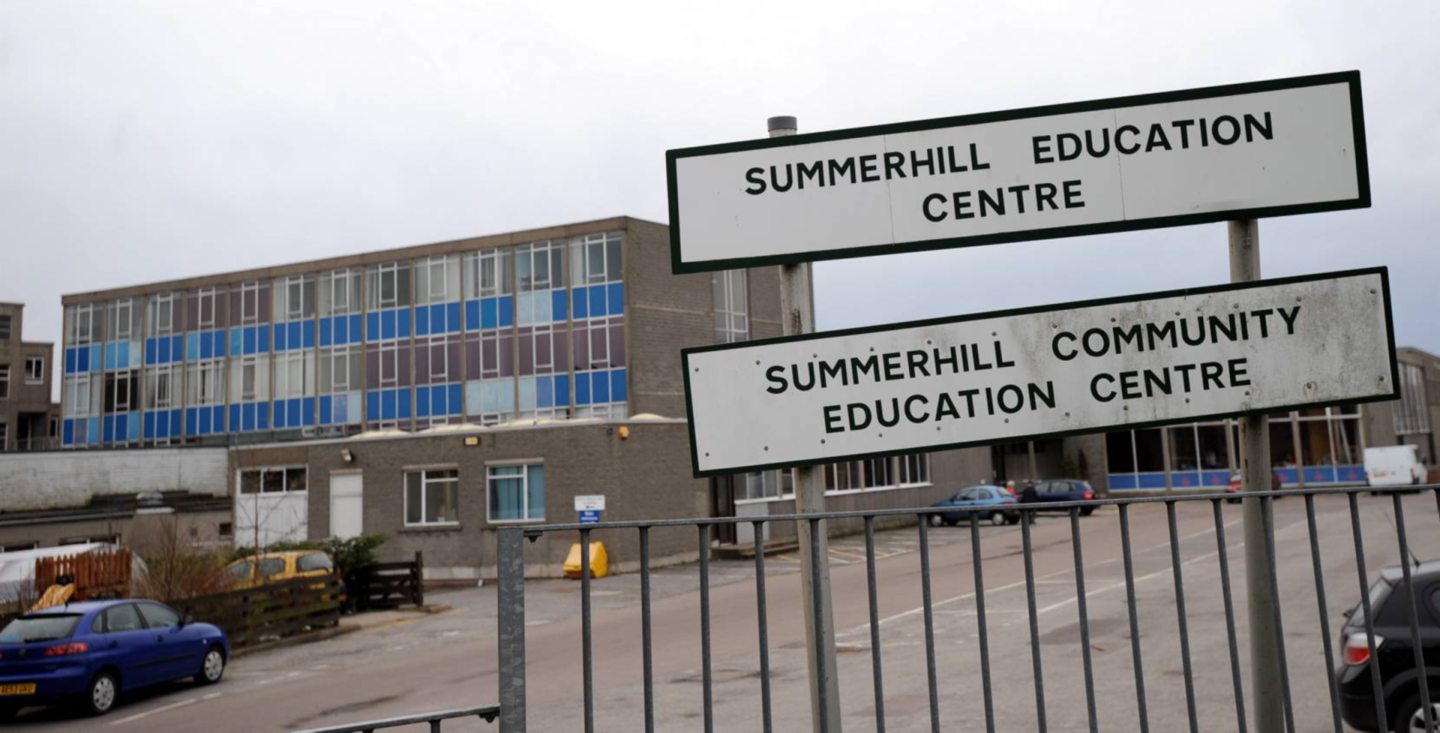
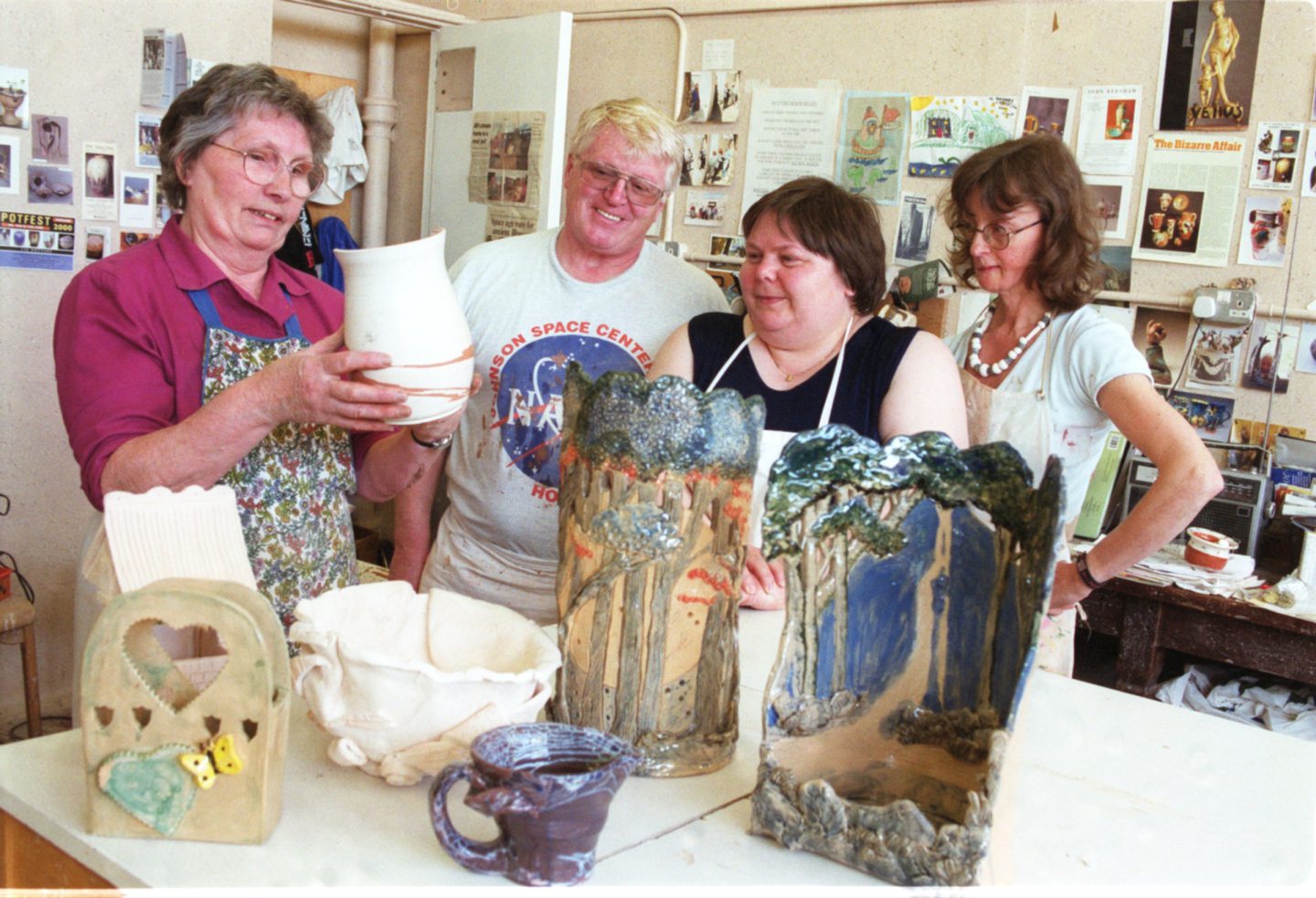



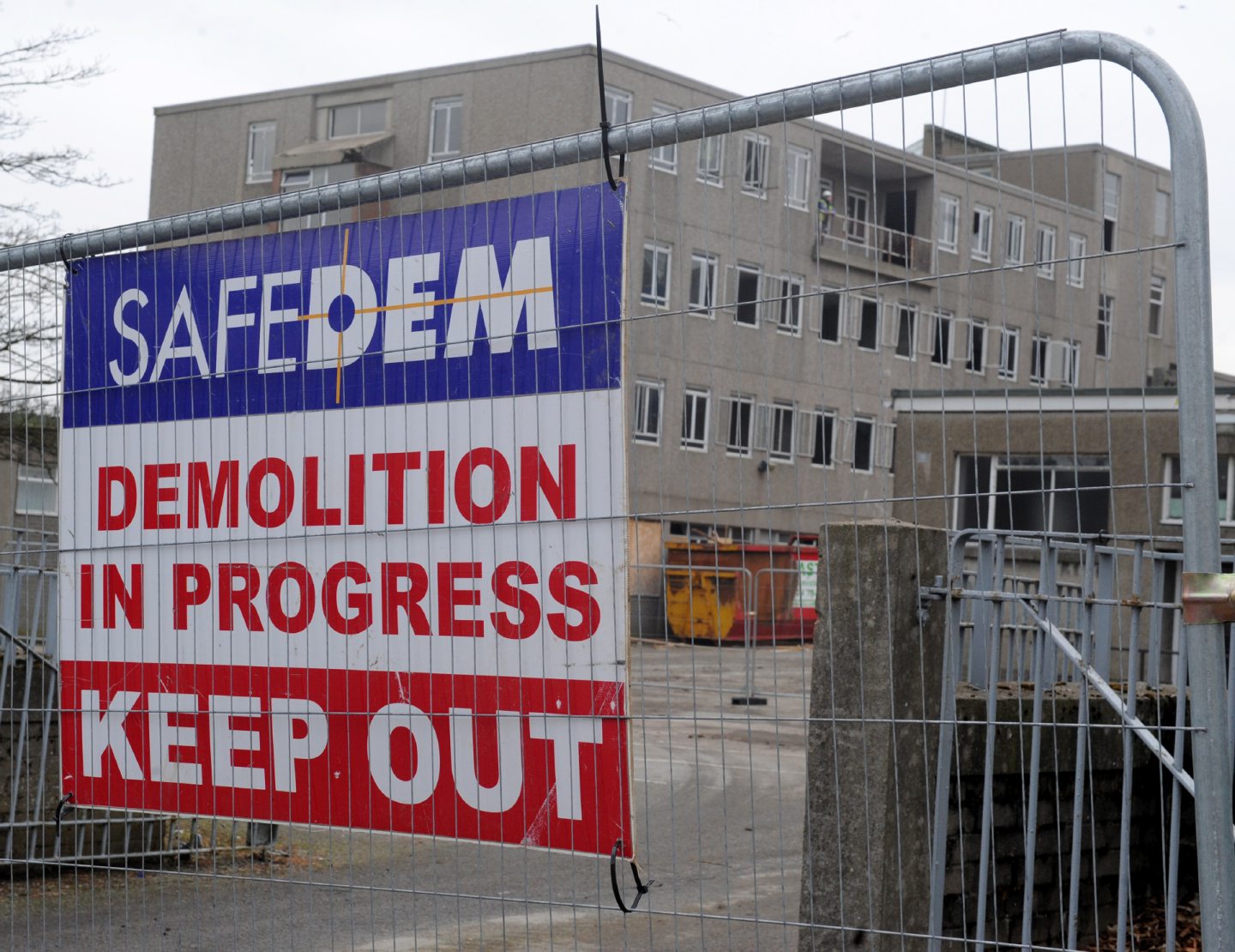

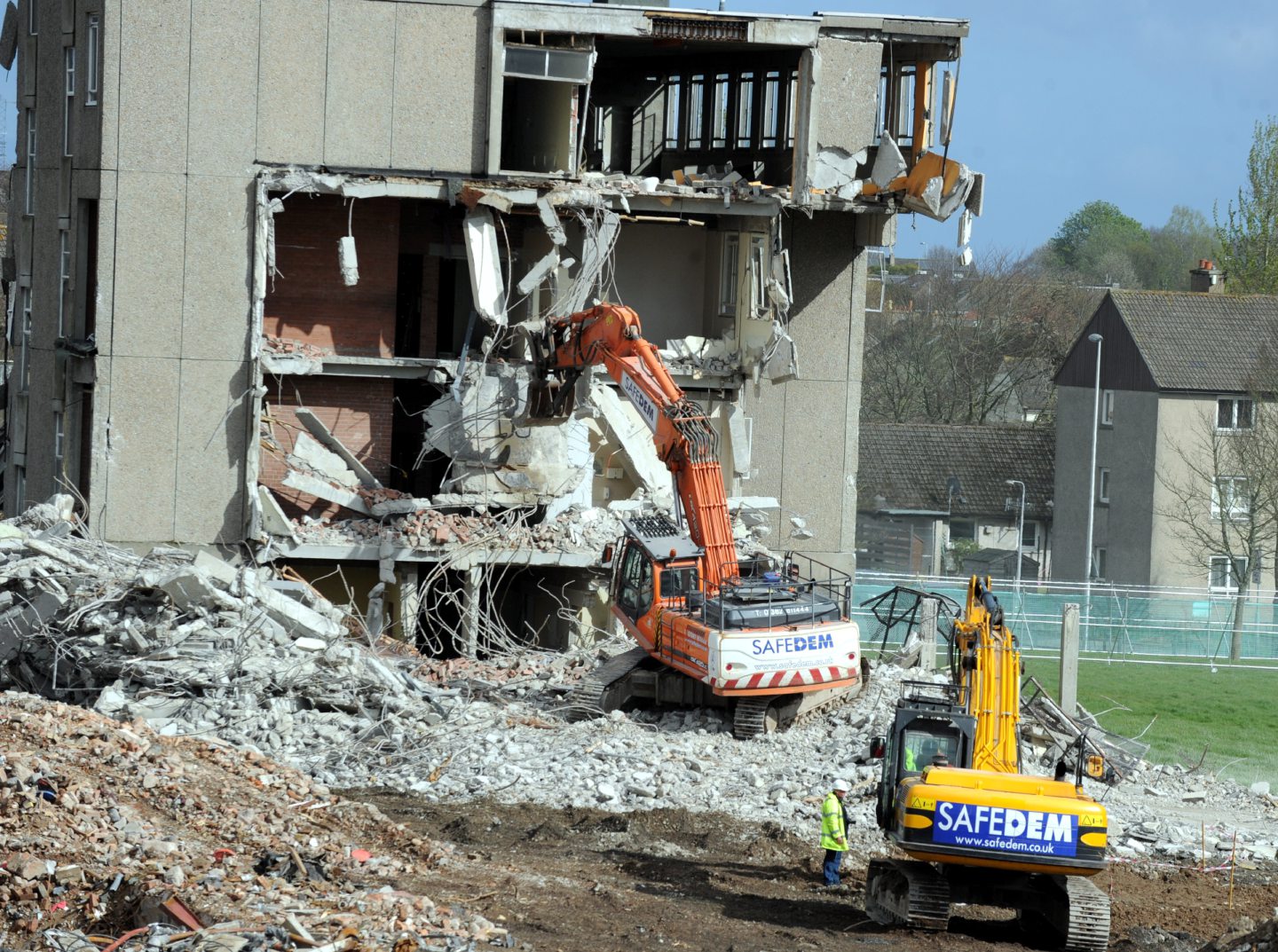
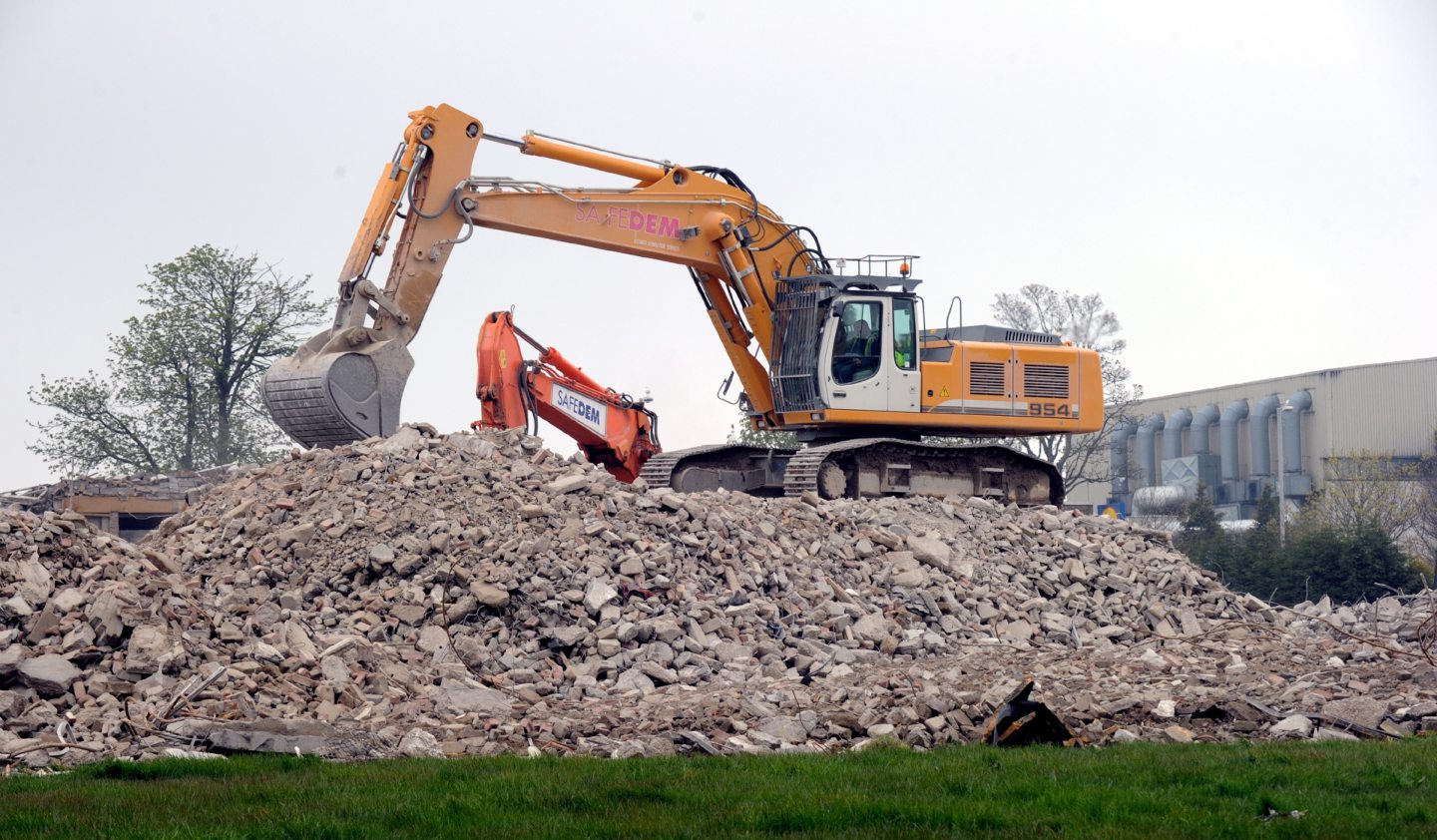

Conversation